
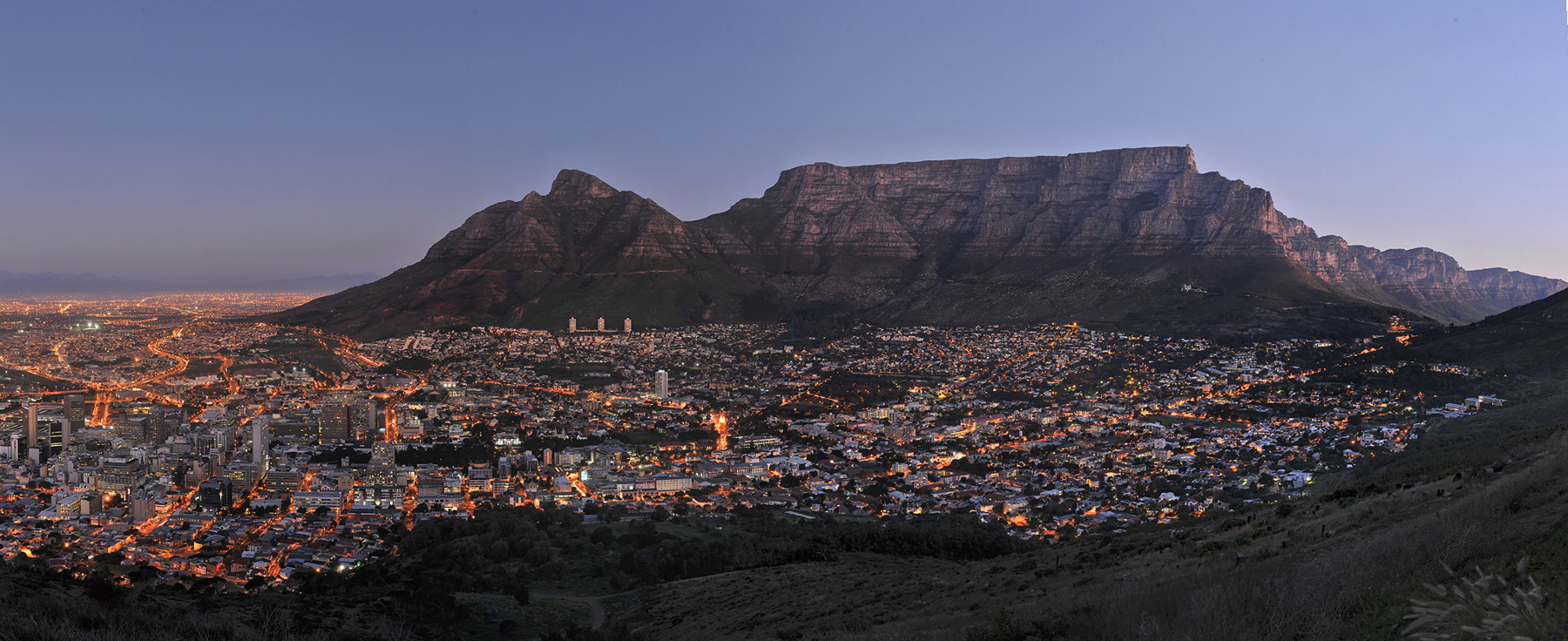
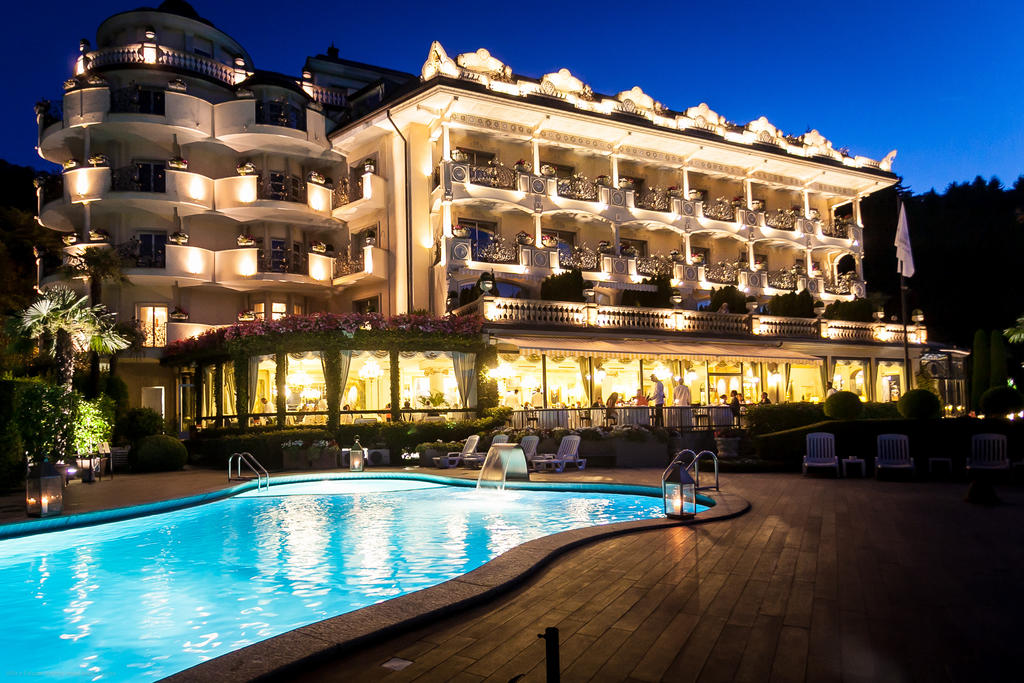
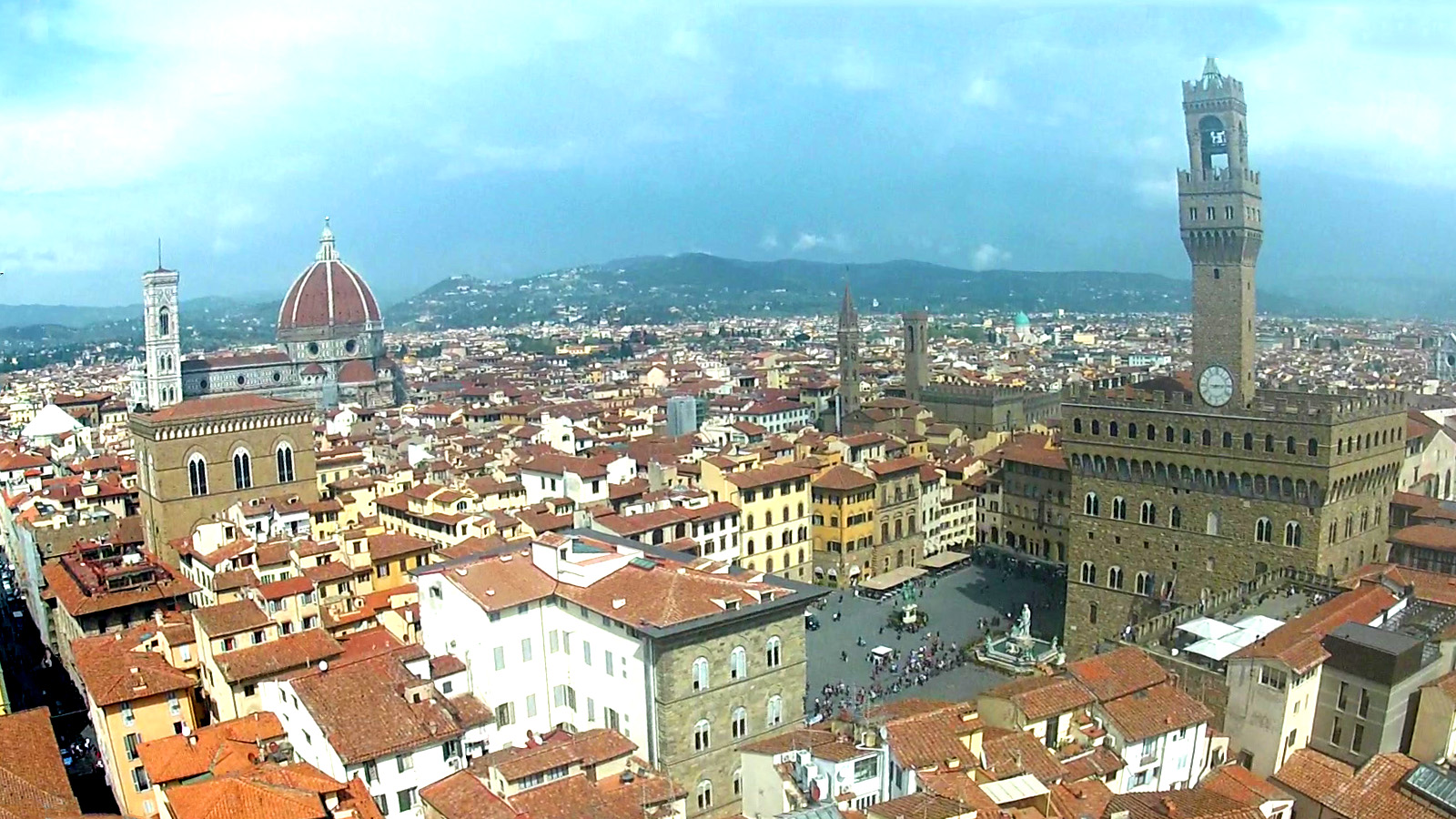

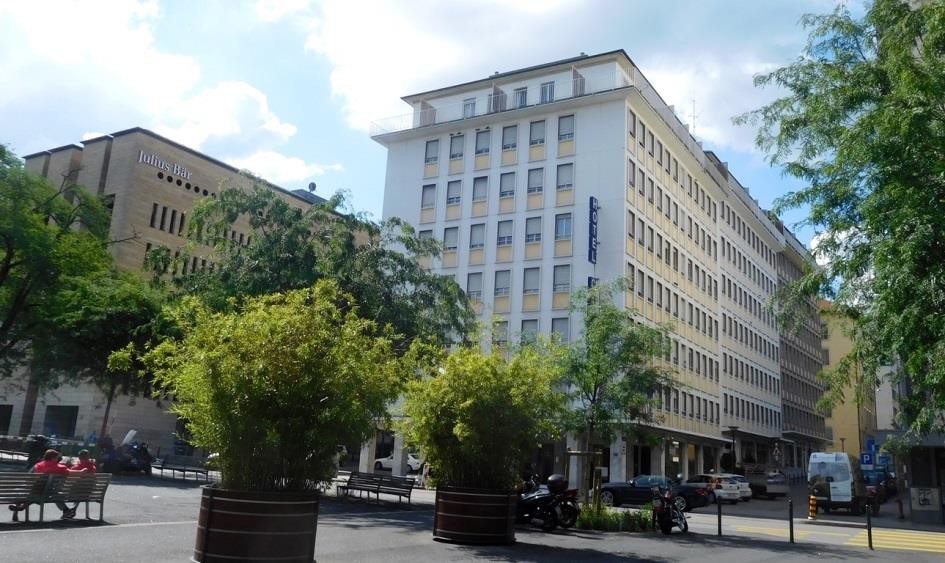
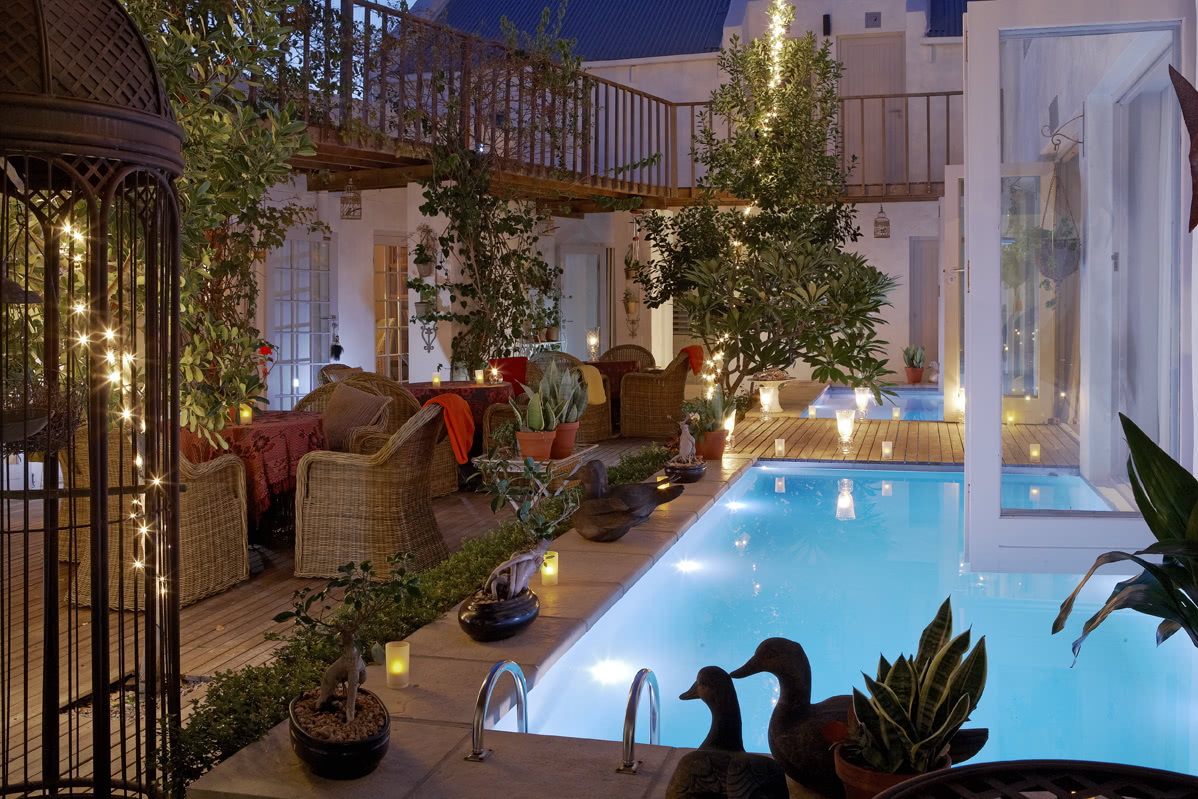
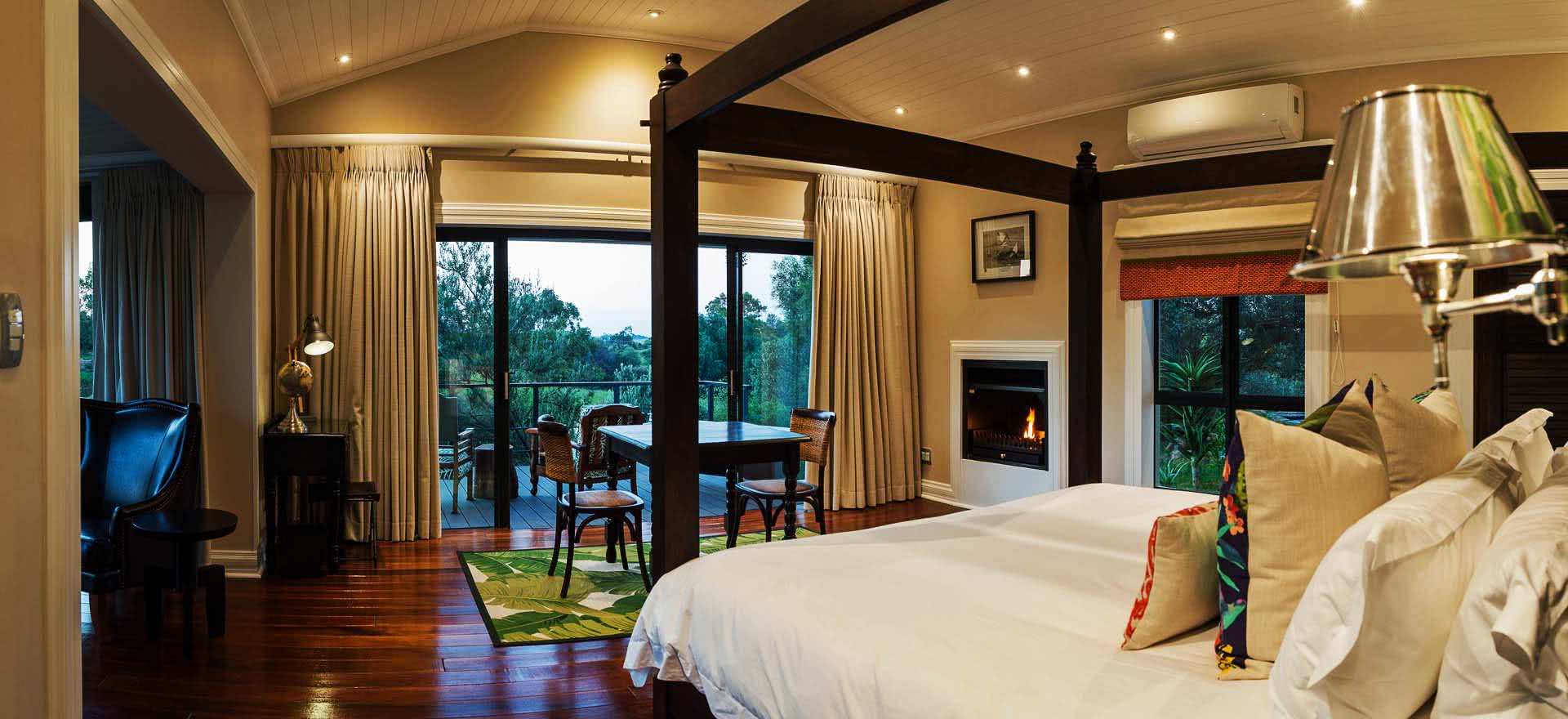
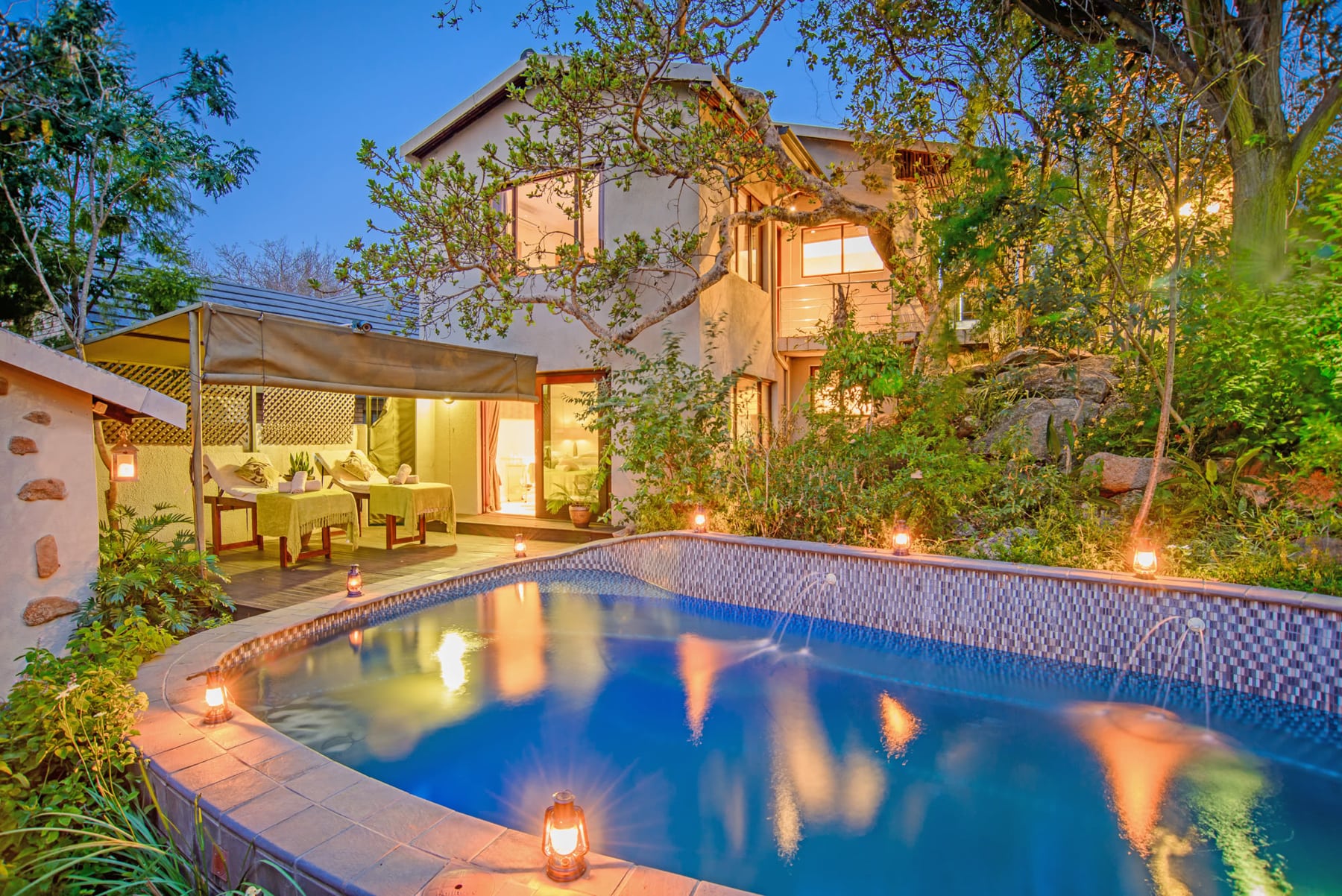

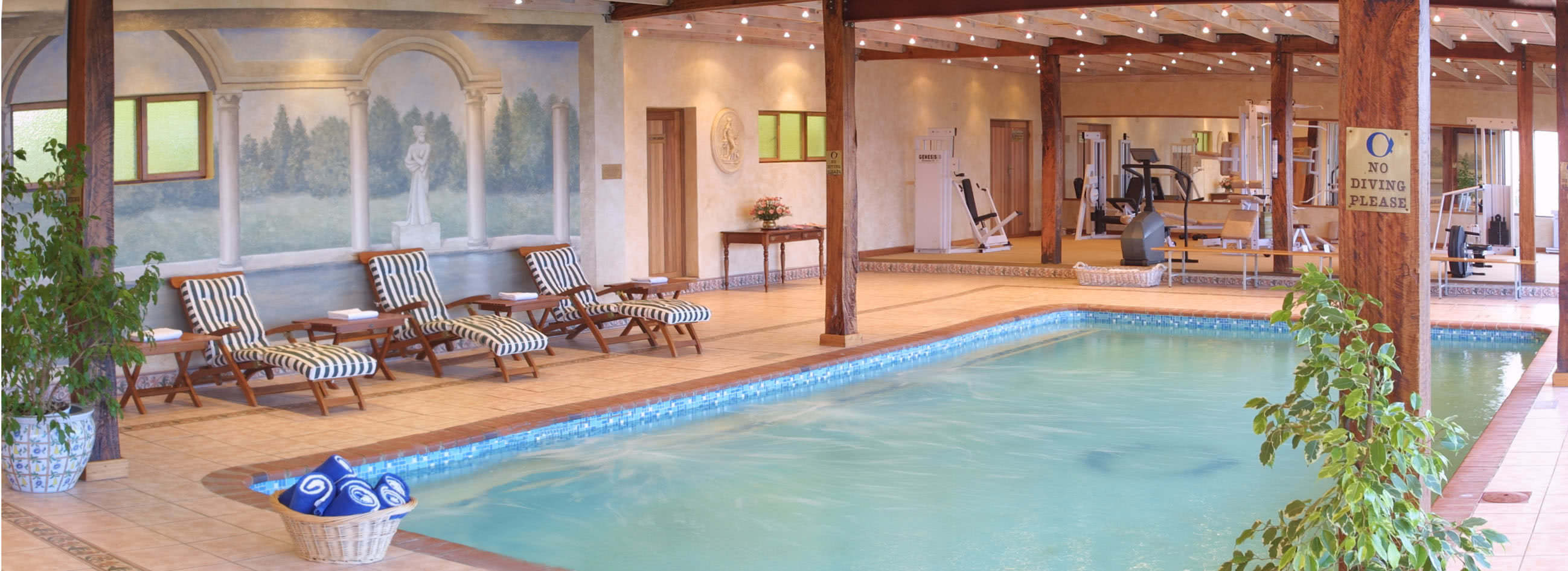
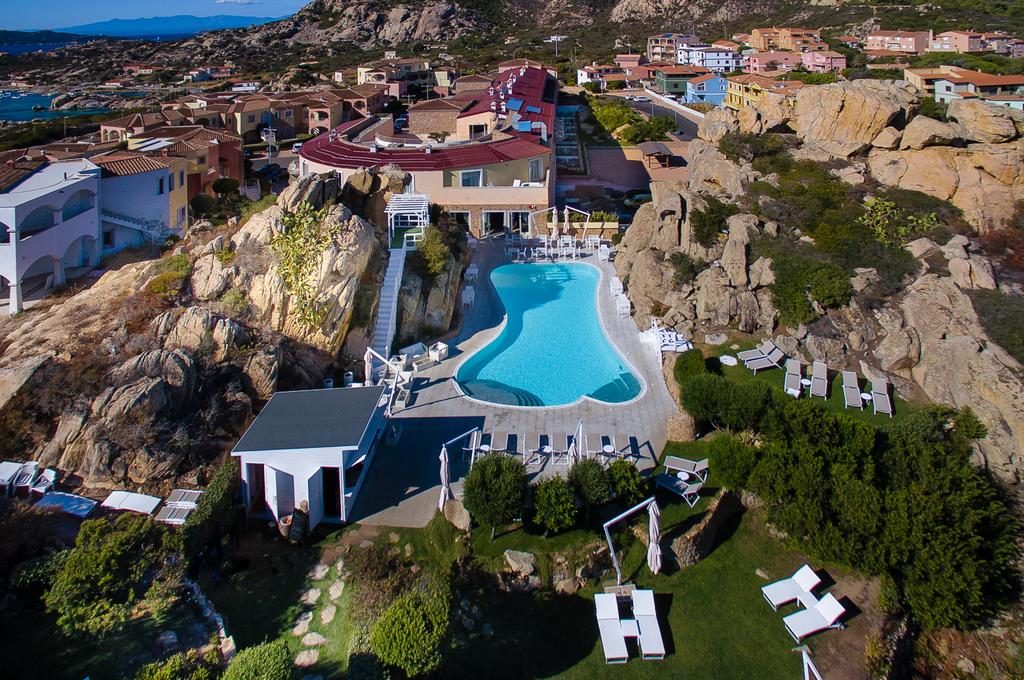
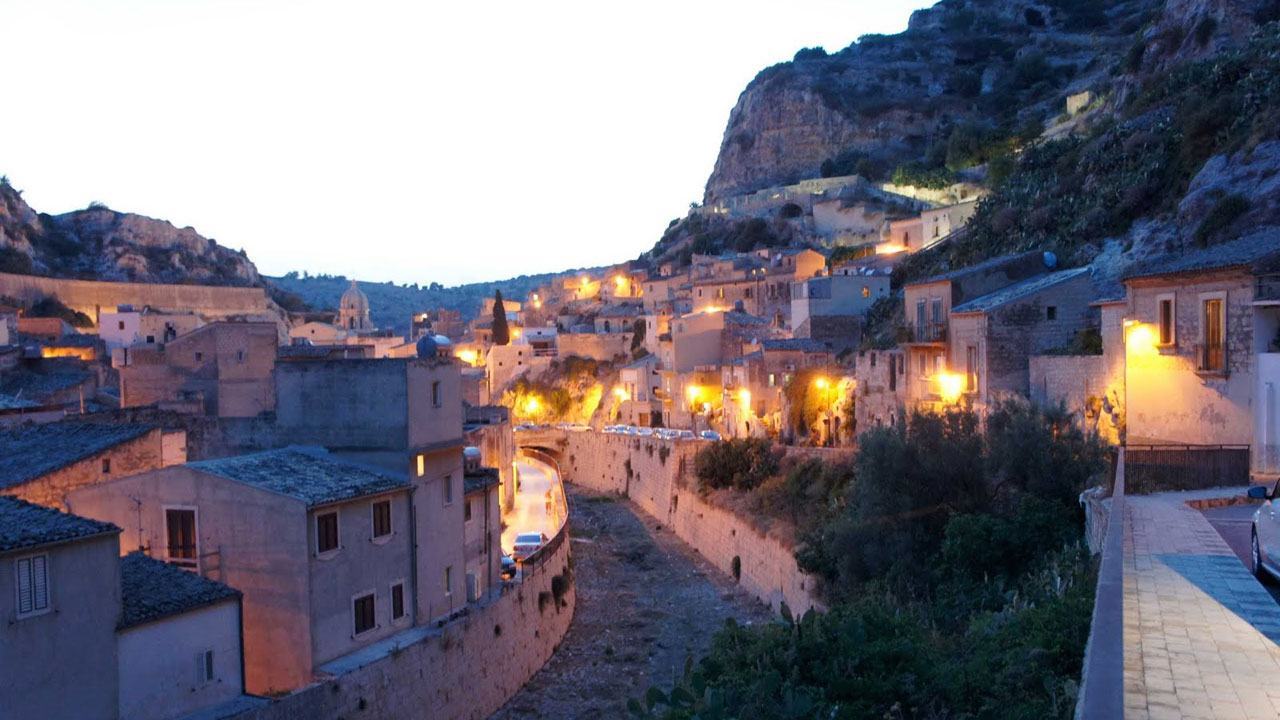
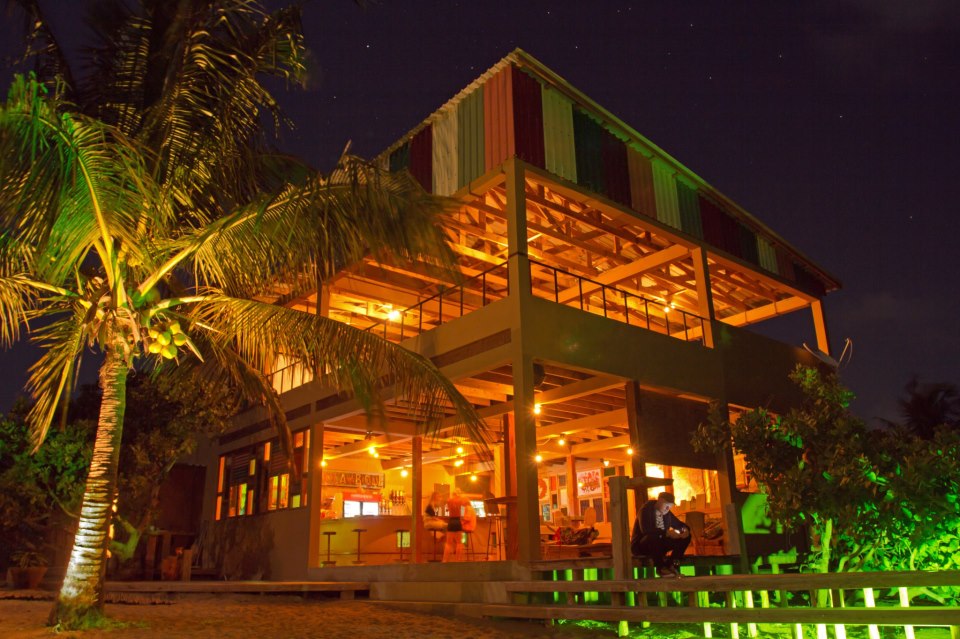
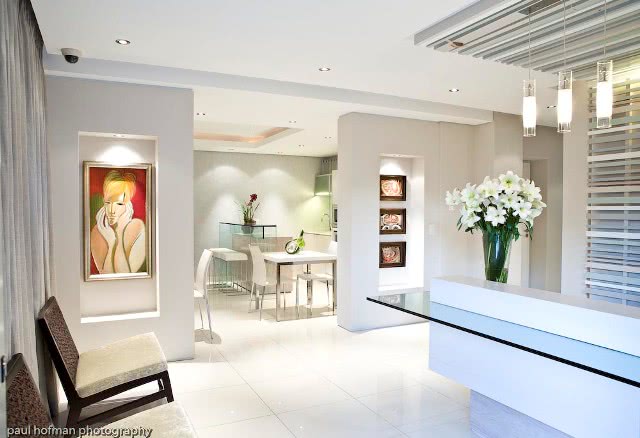
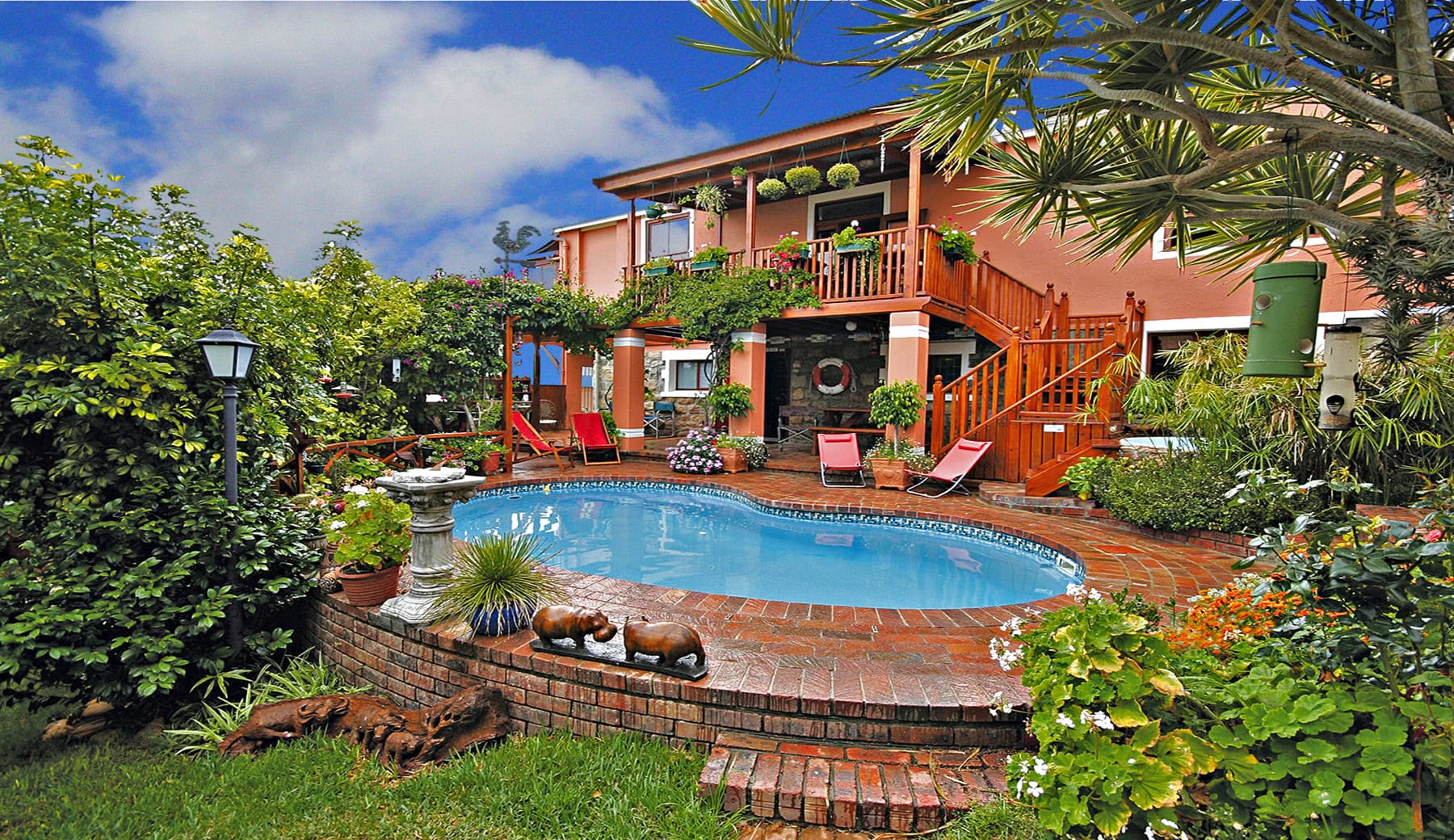
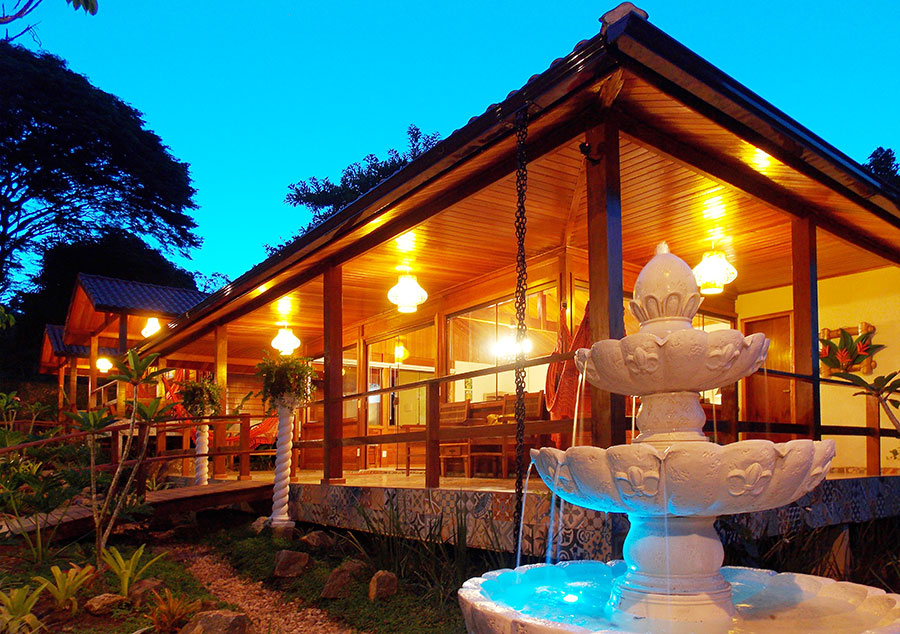
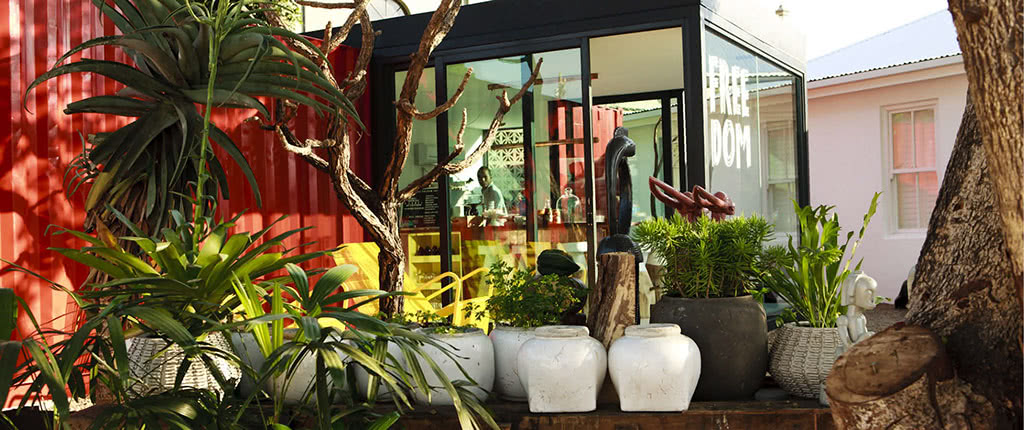
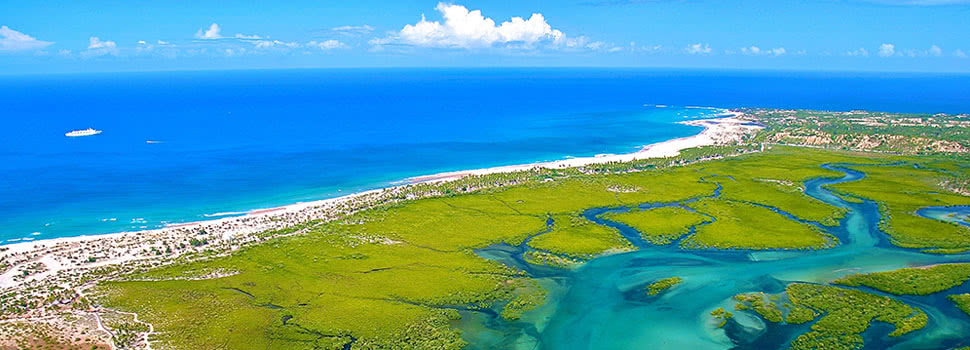
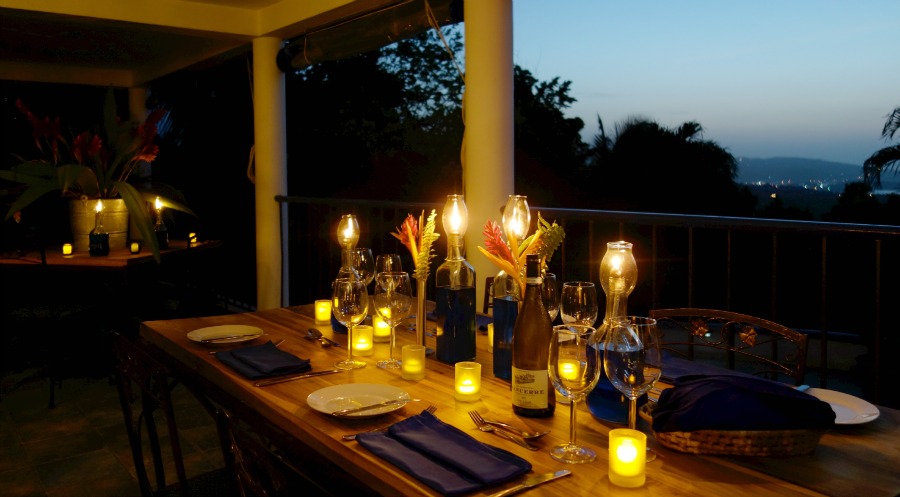
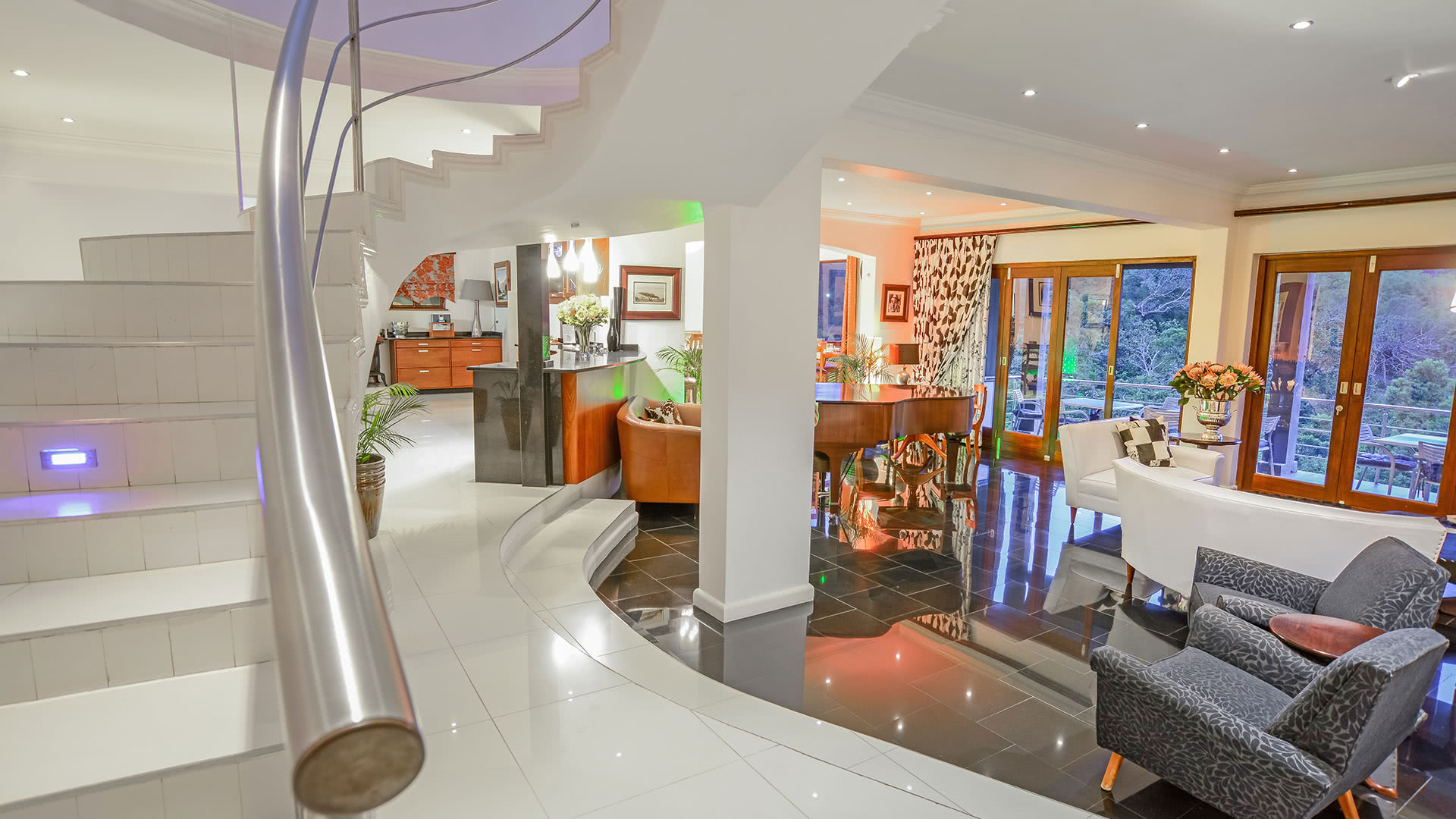
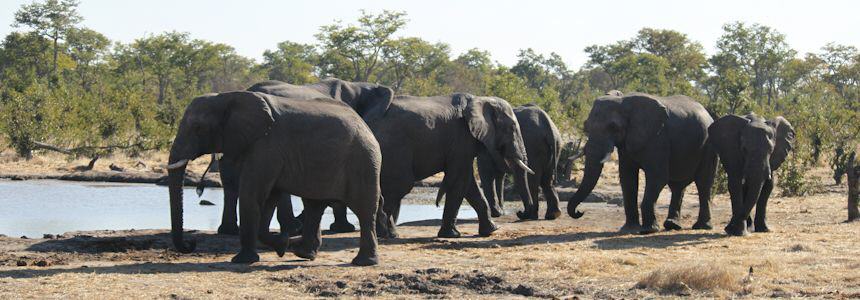
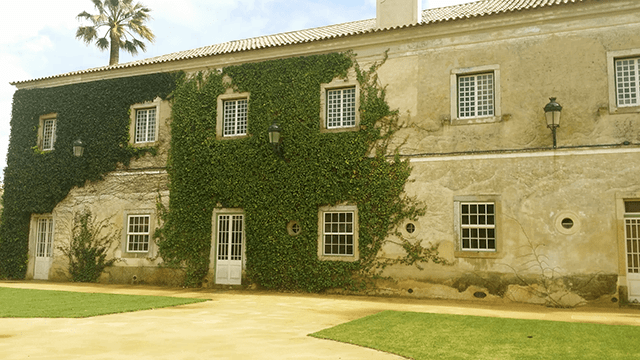
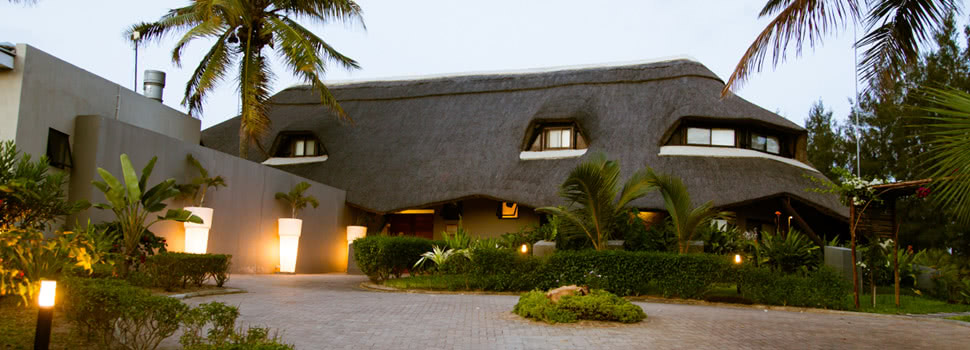
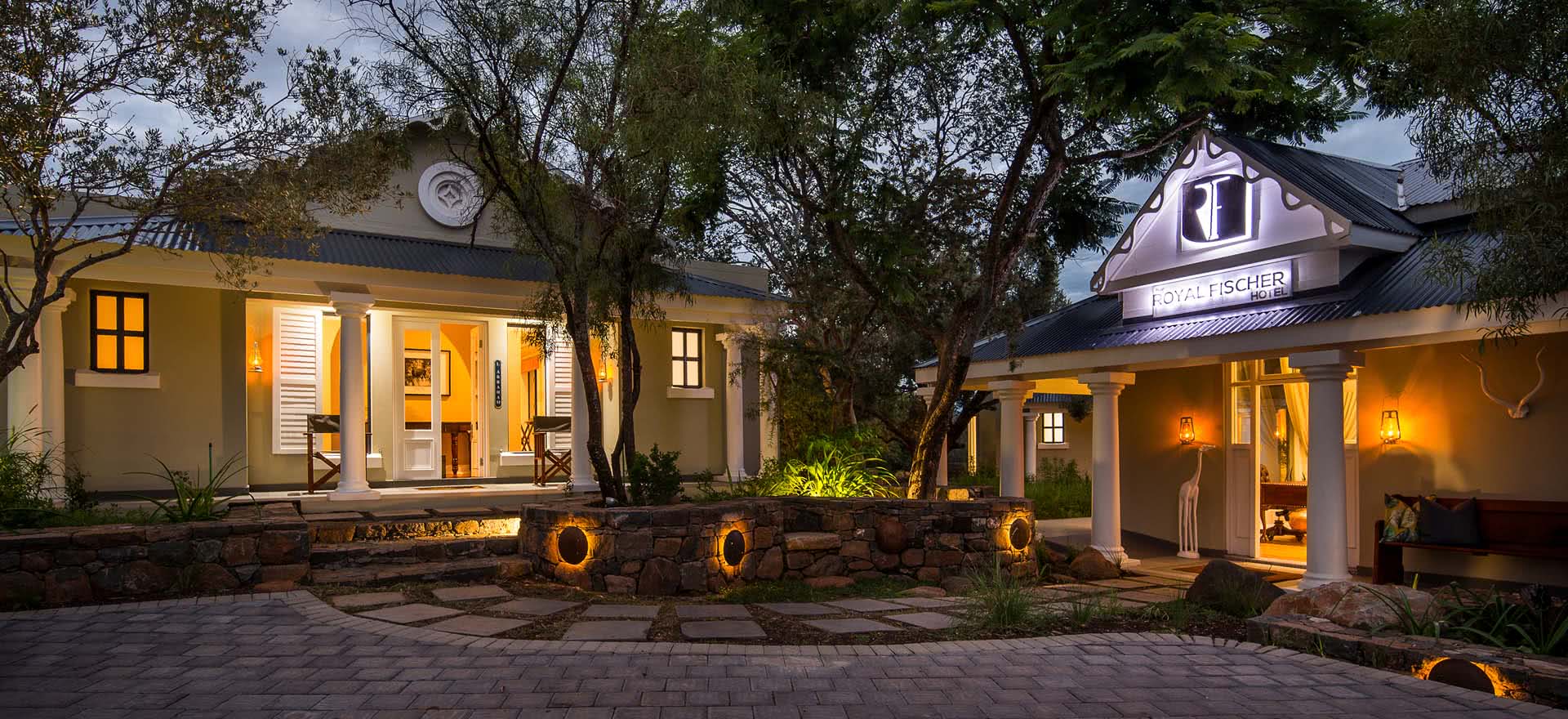
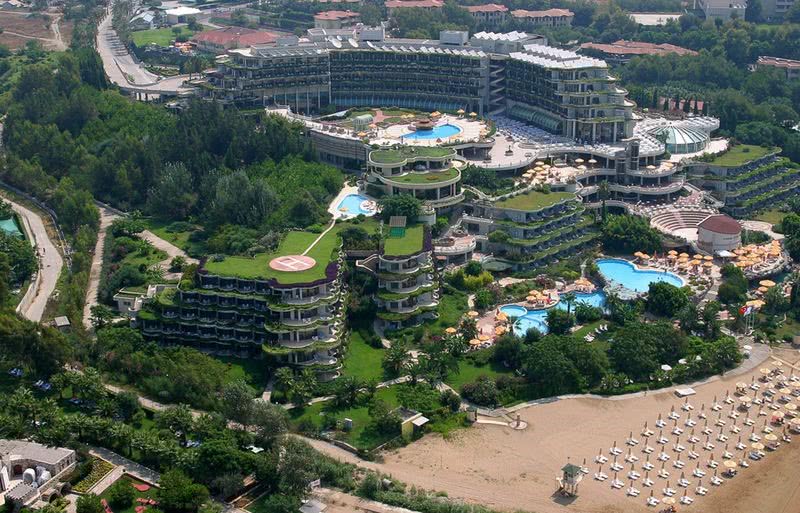
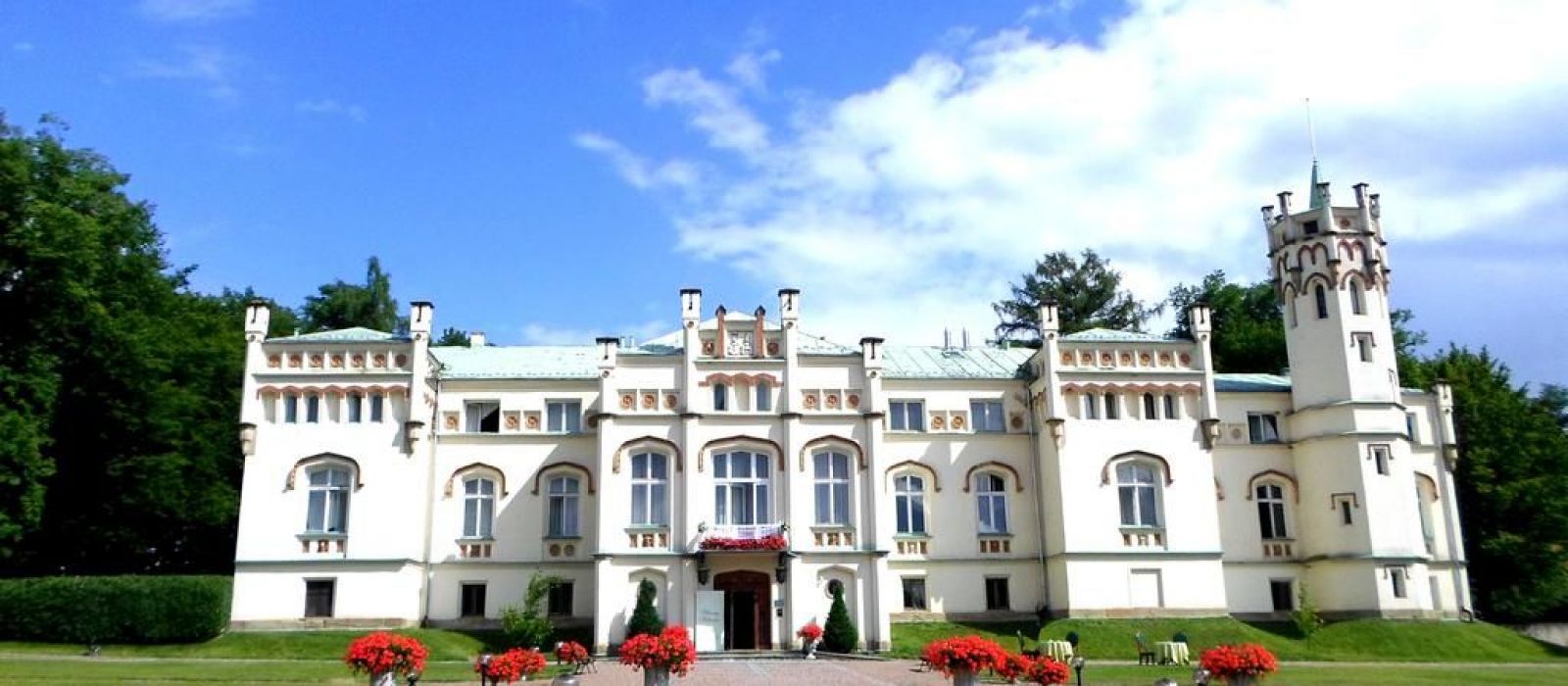
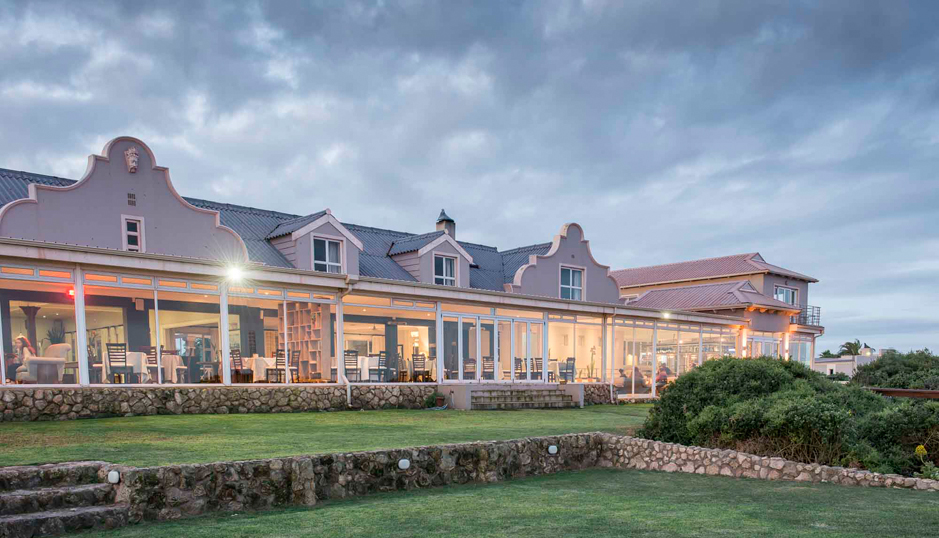
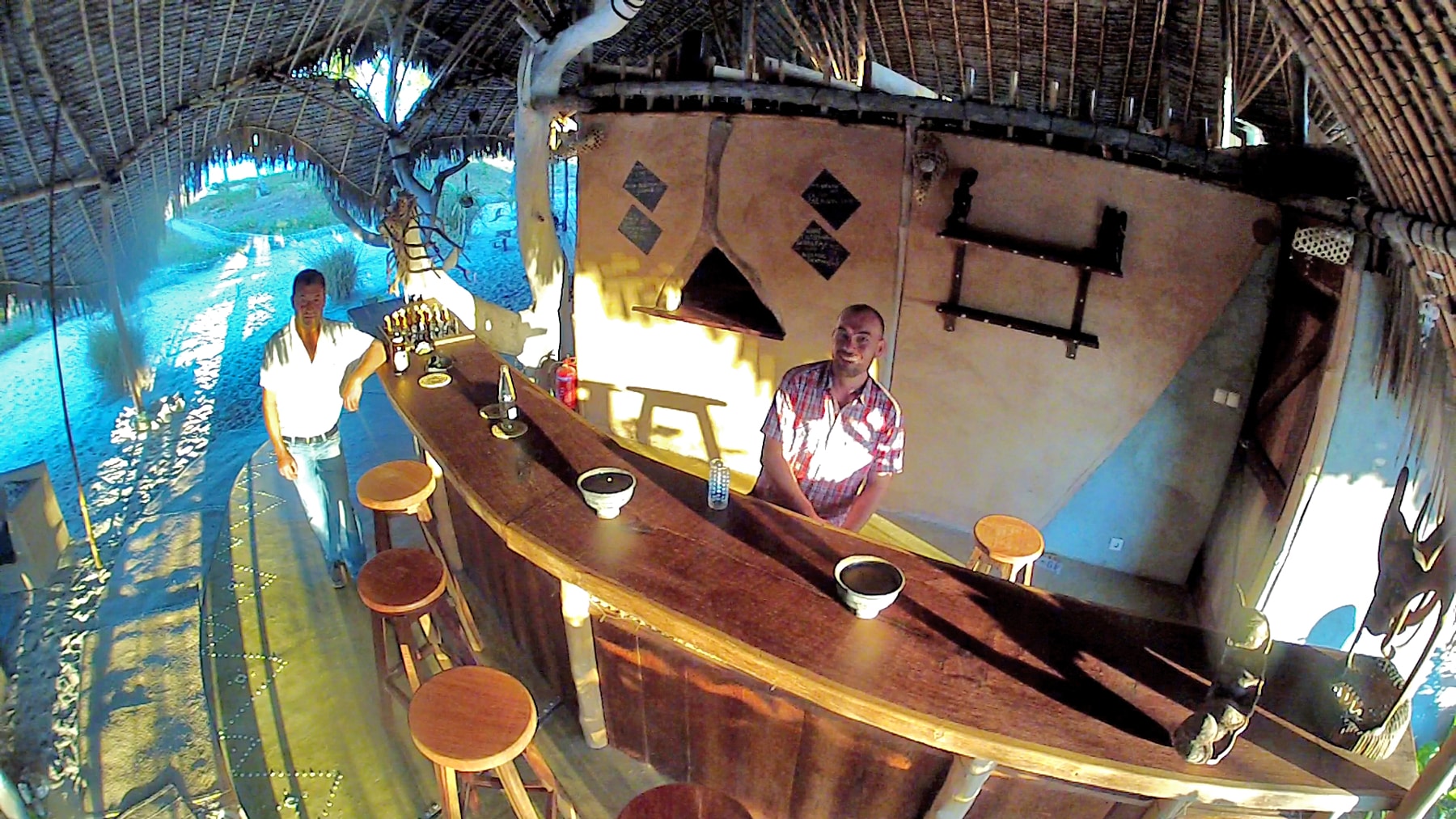
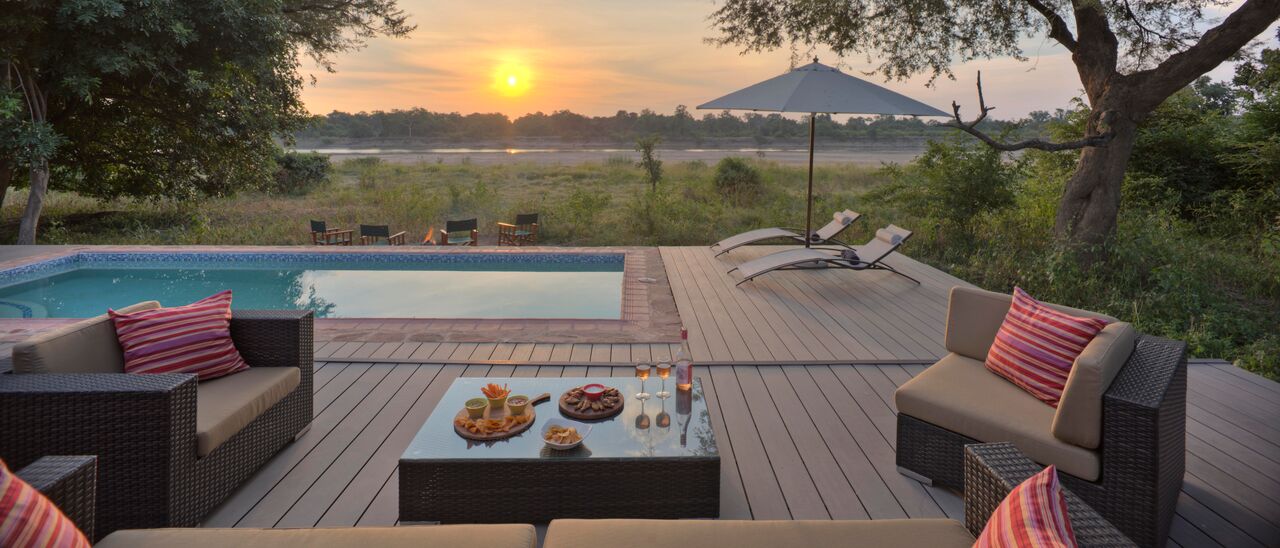
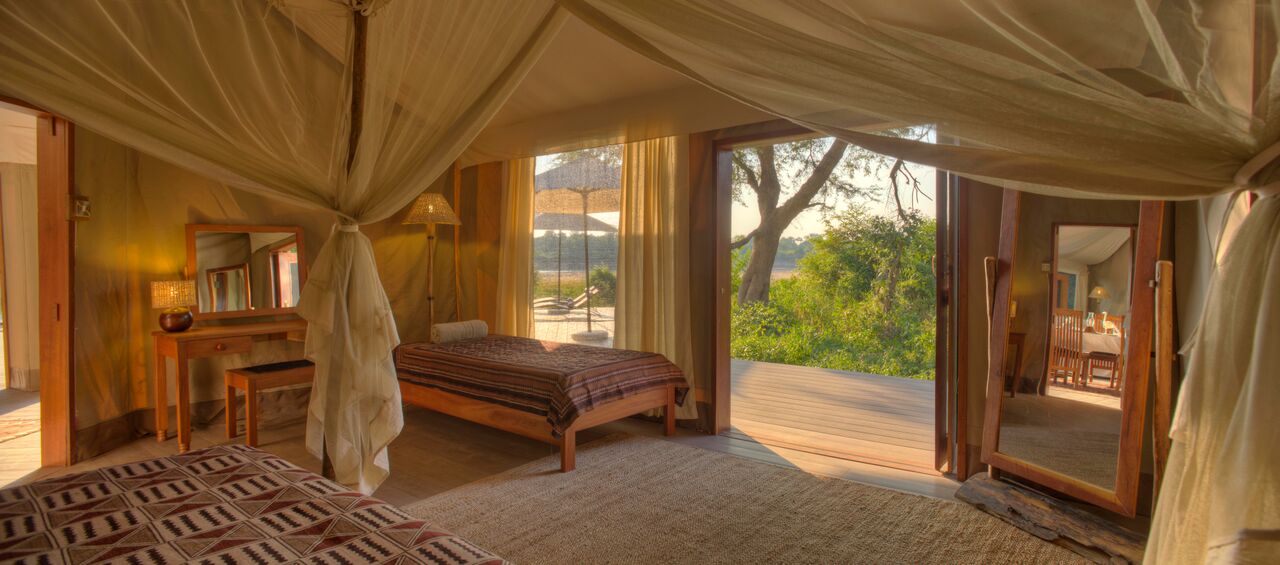
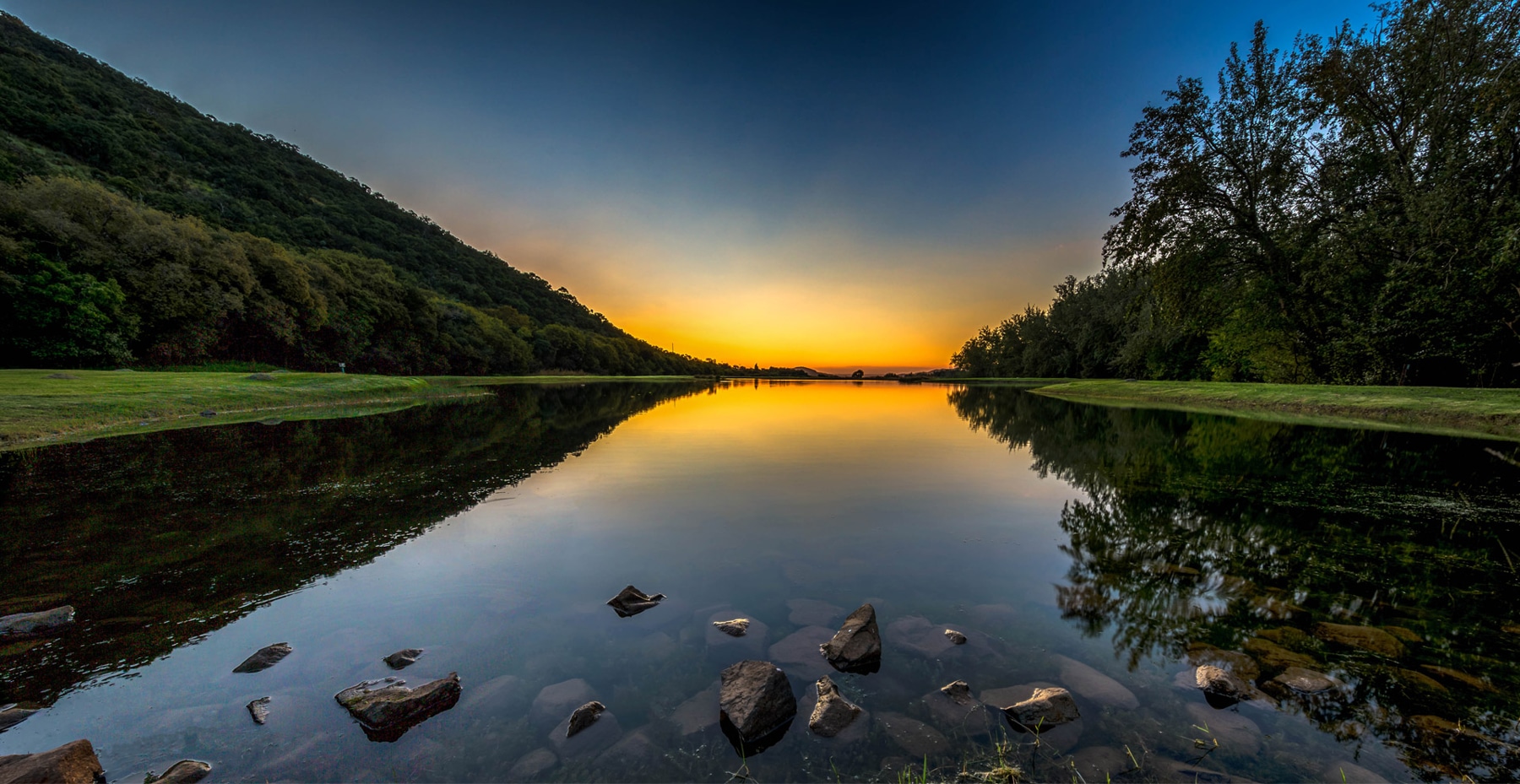
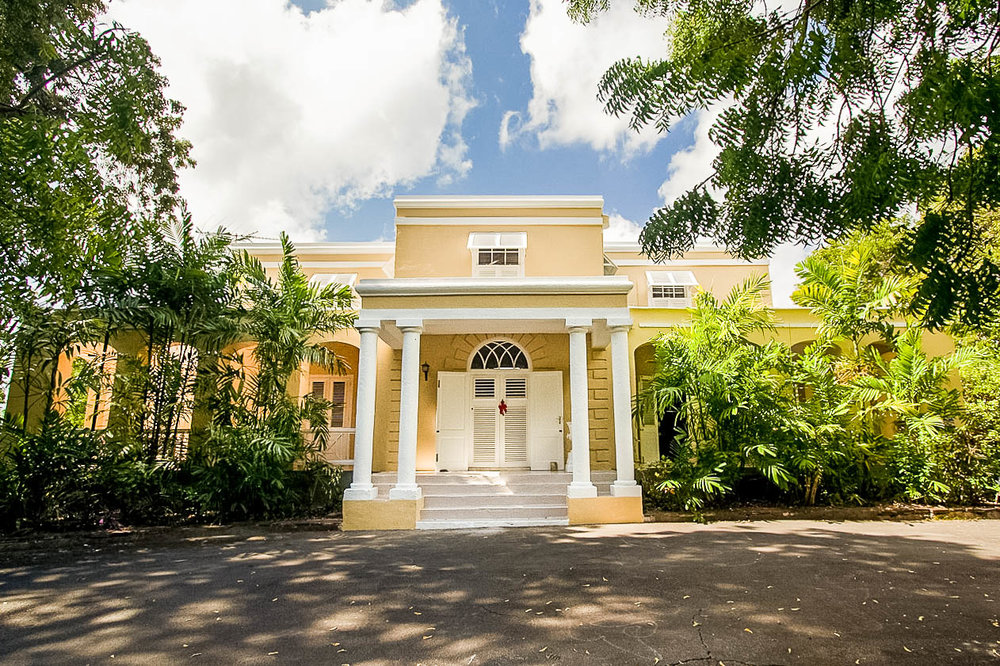
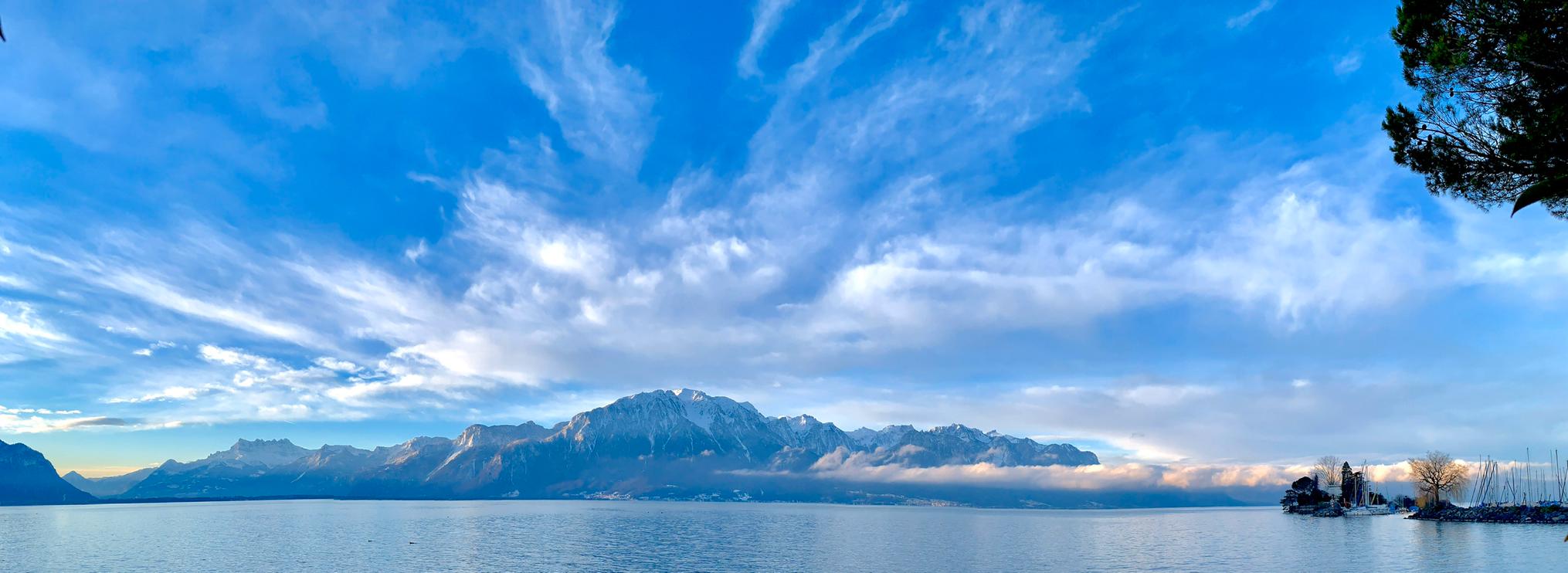
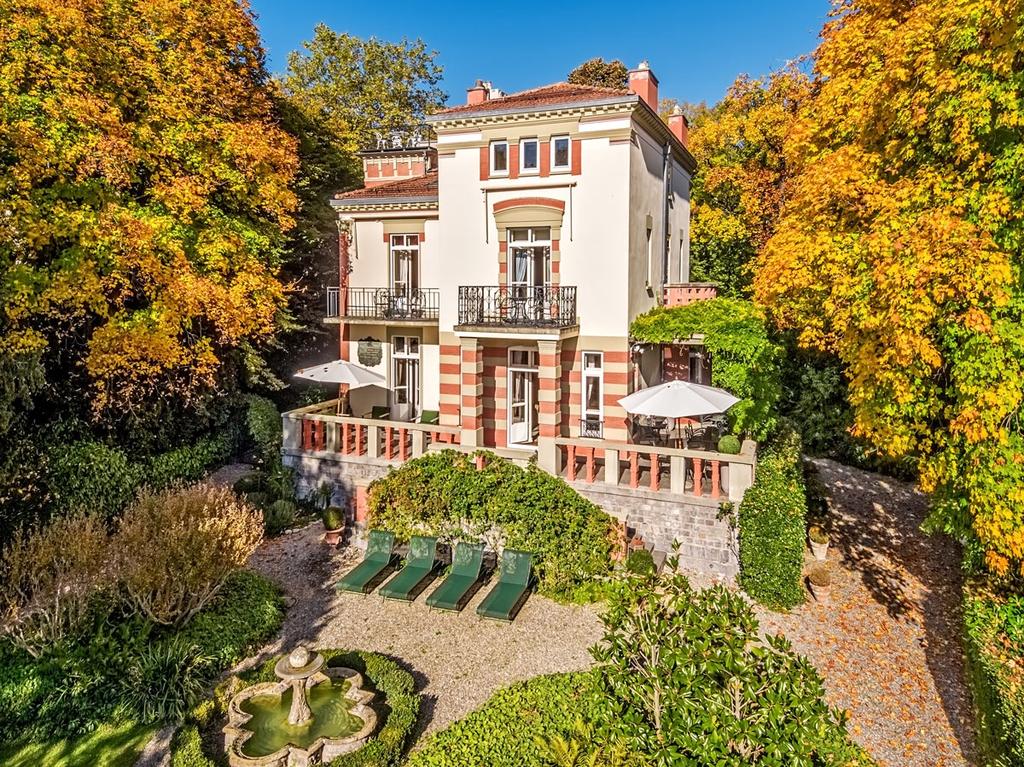
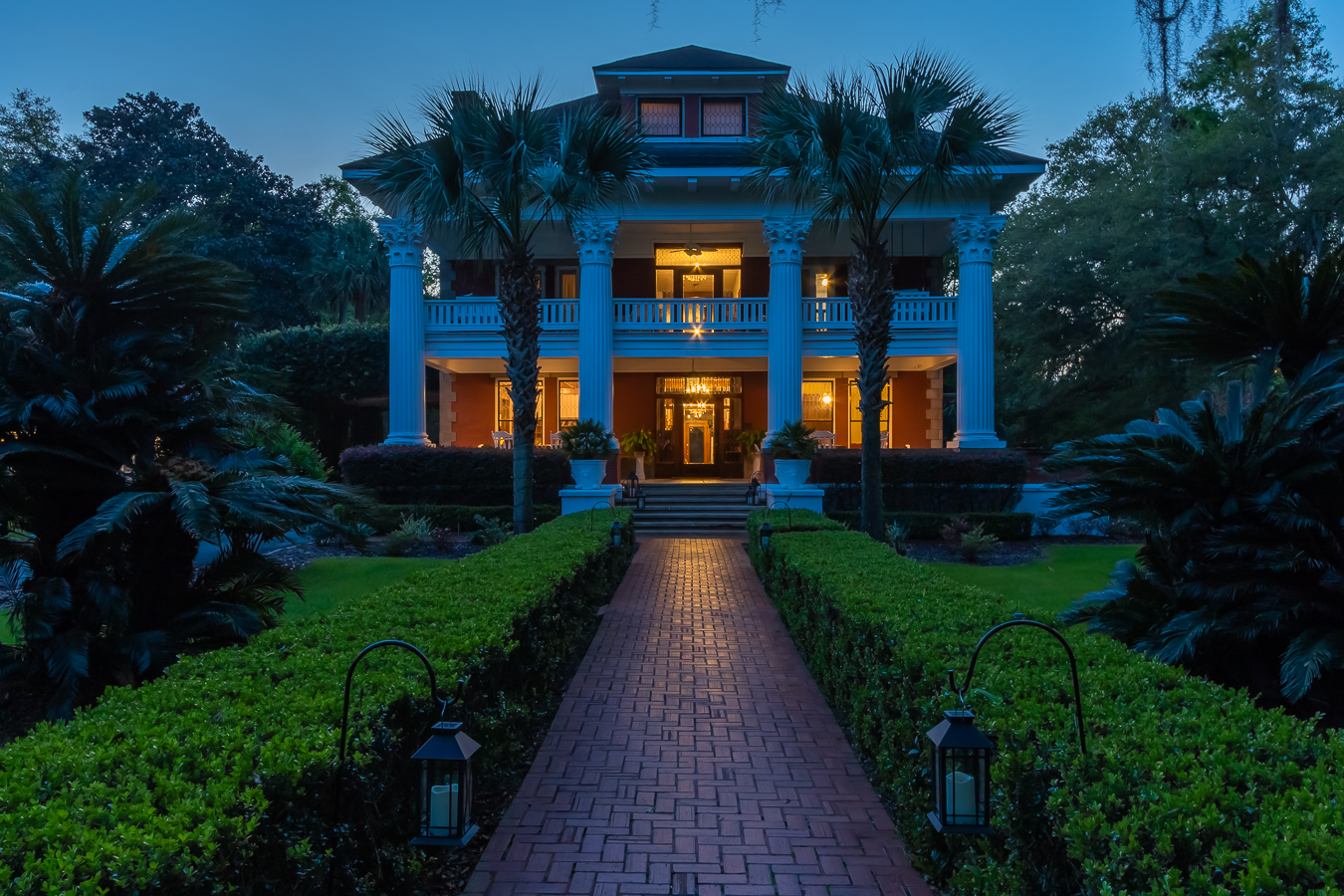
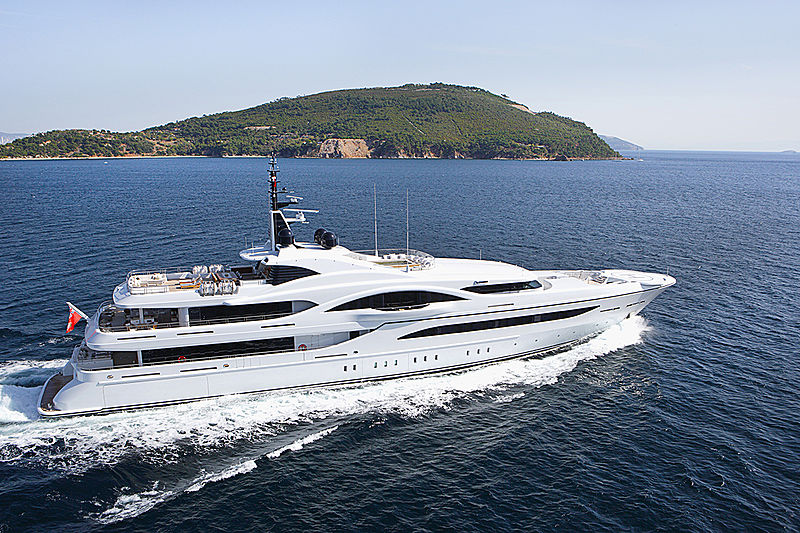
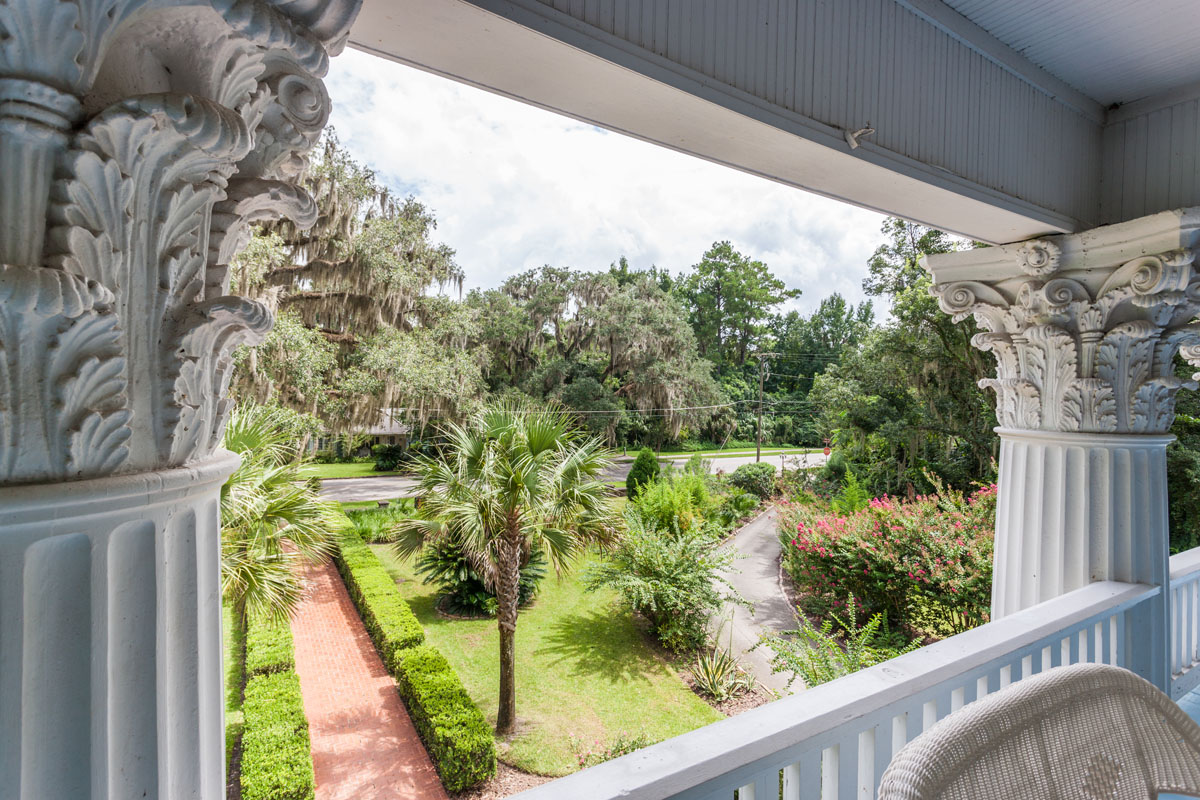
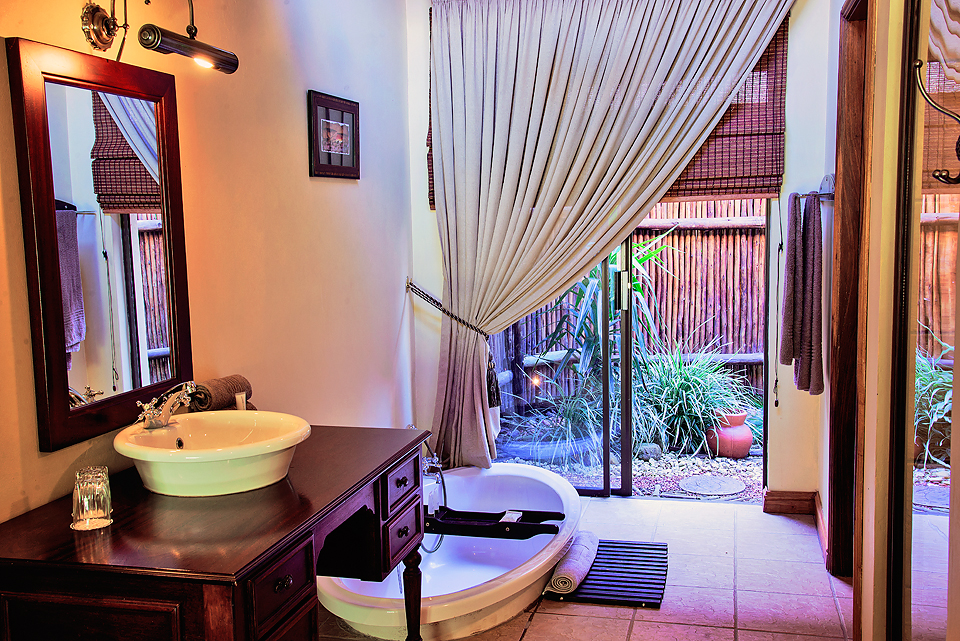
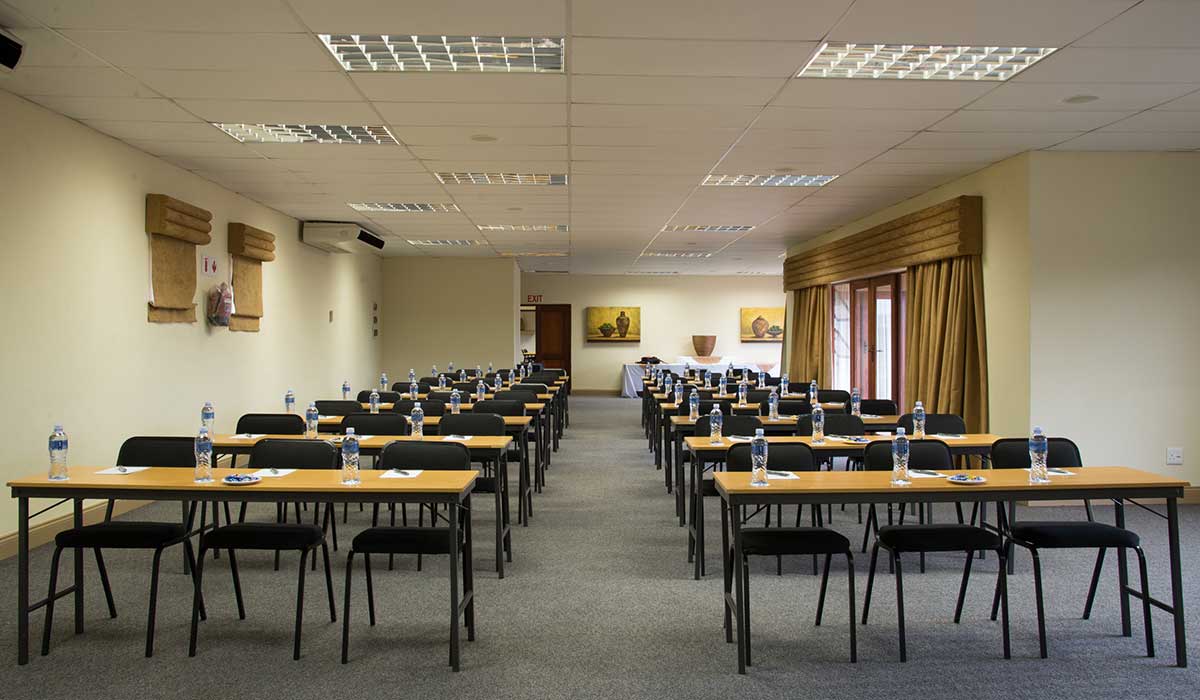
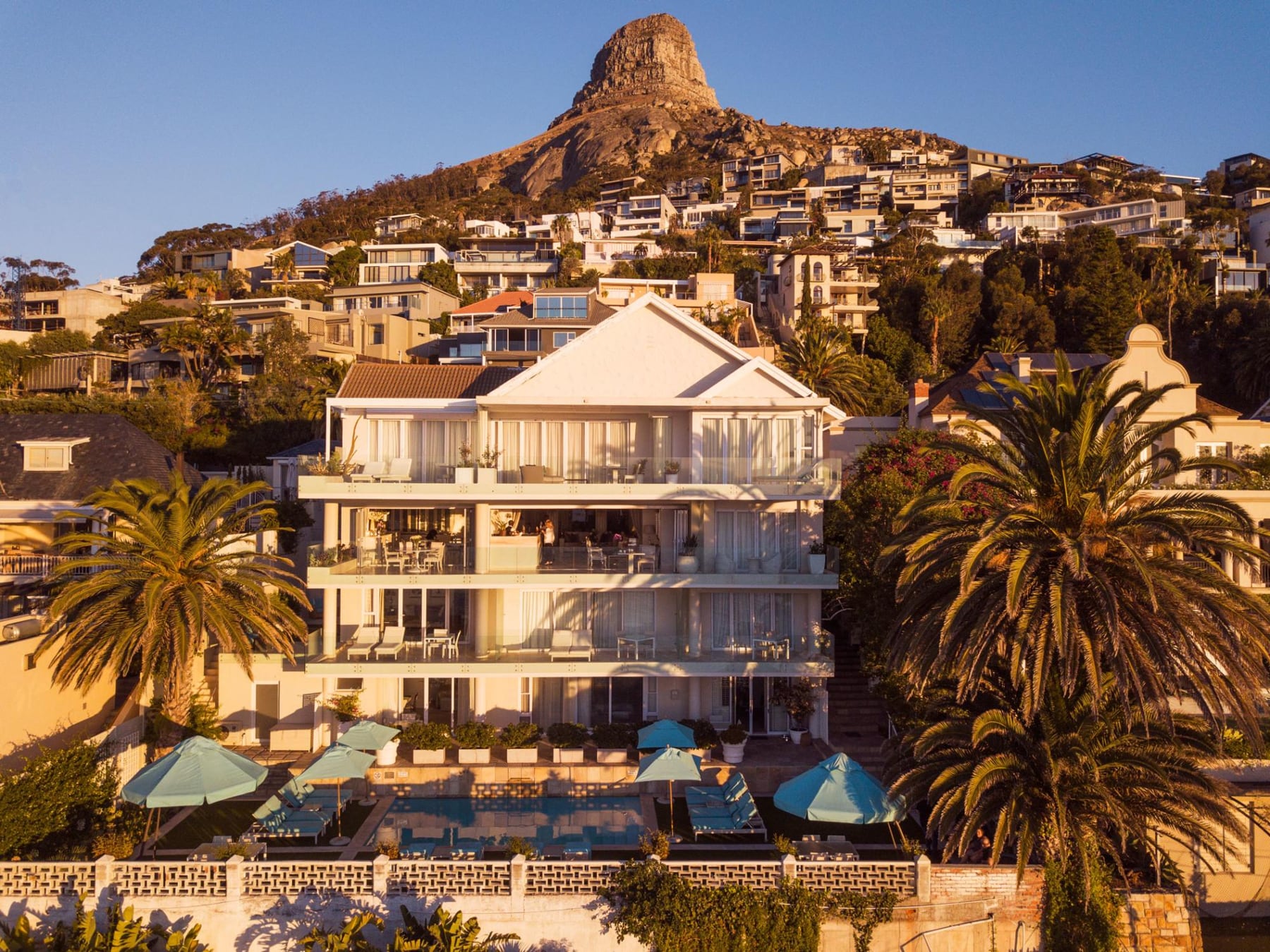
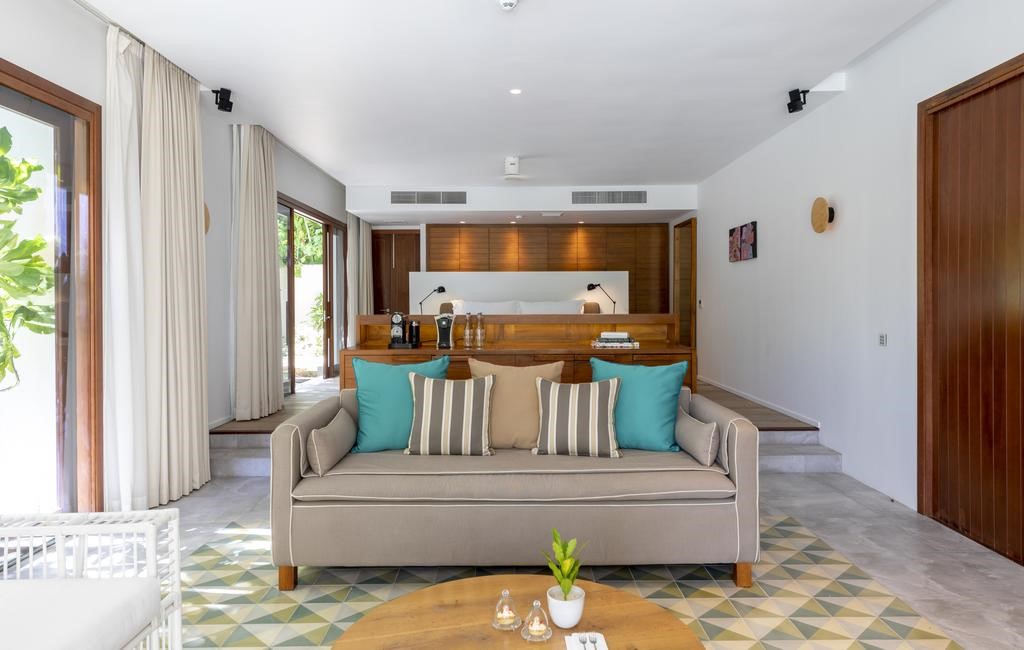
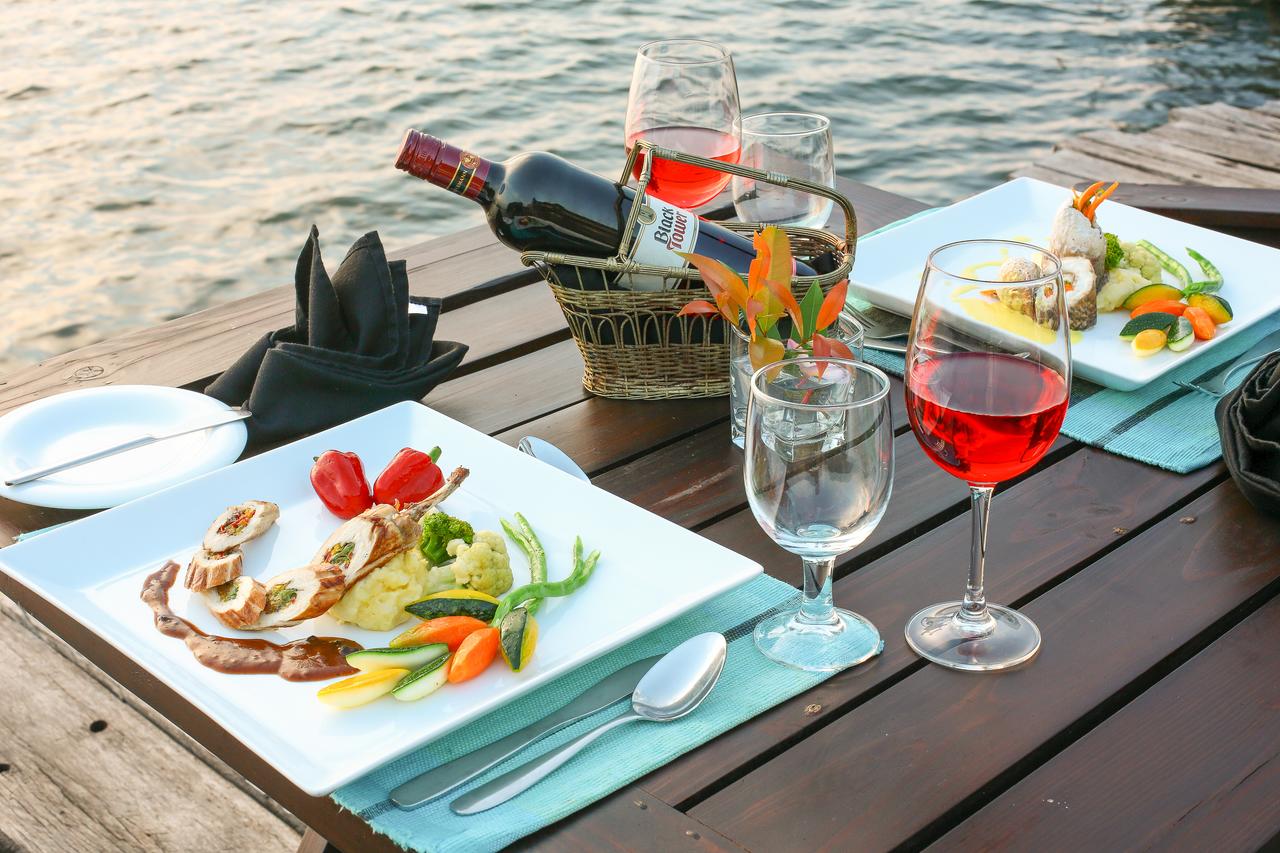
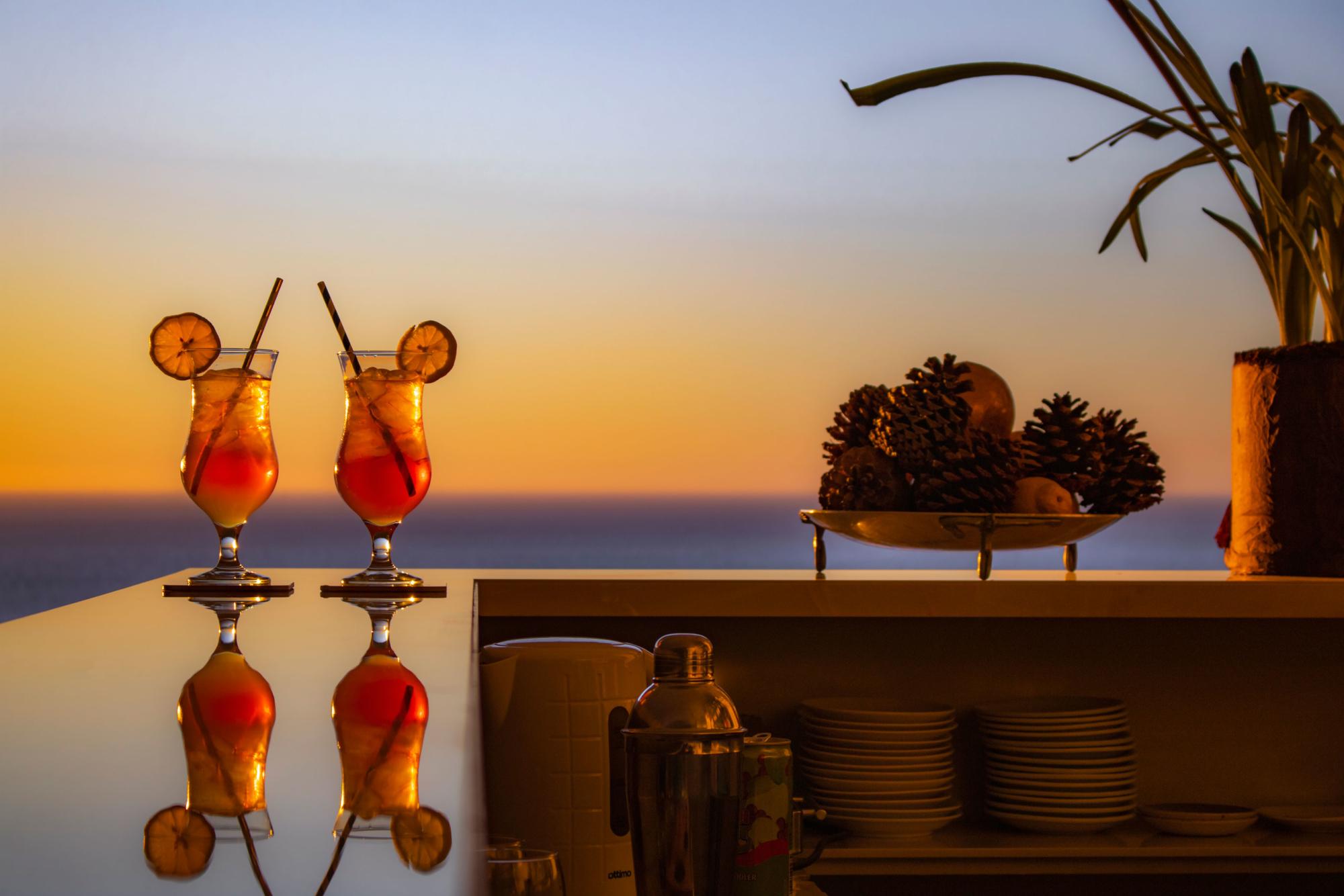
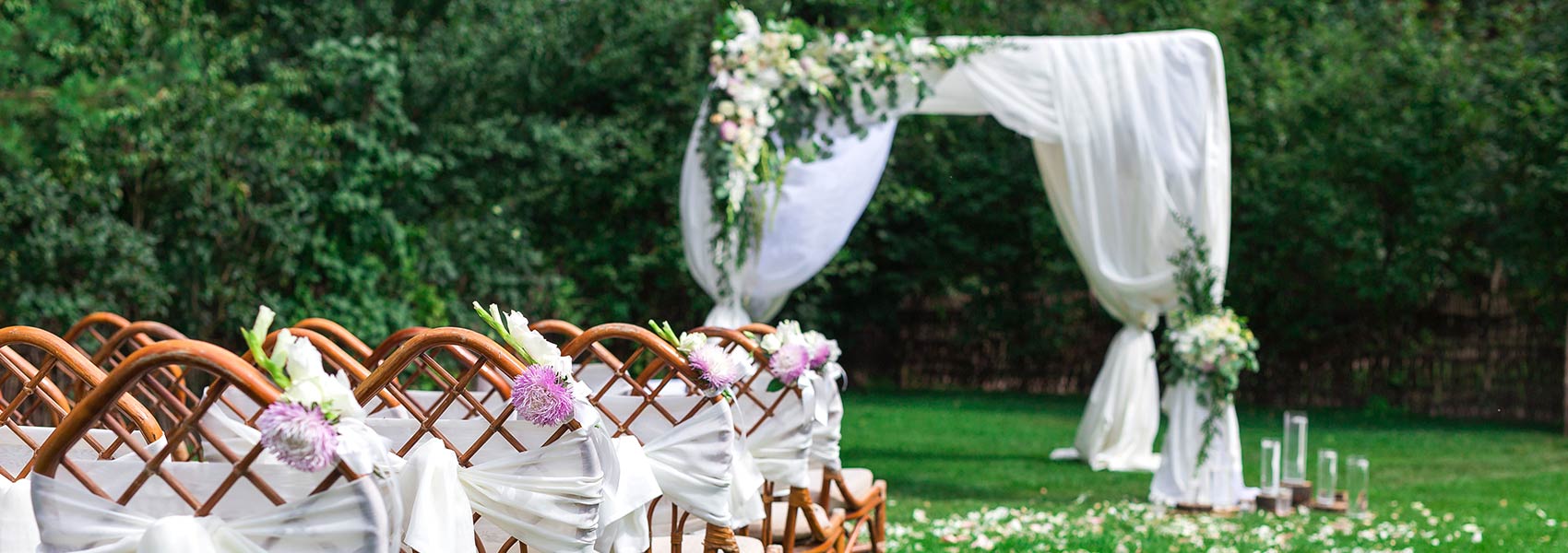
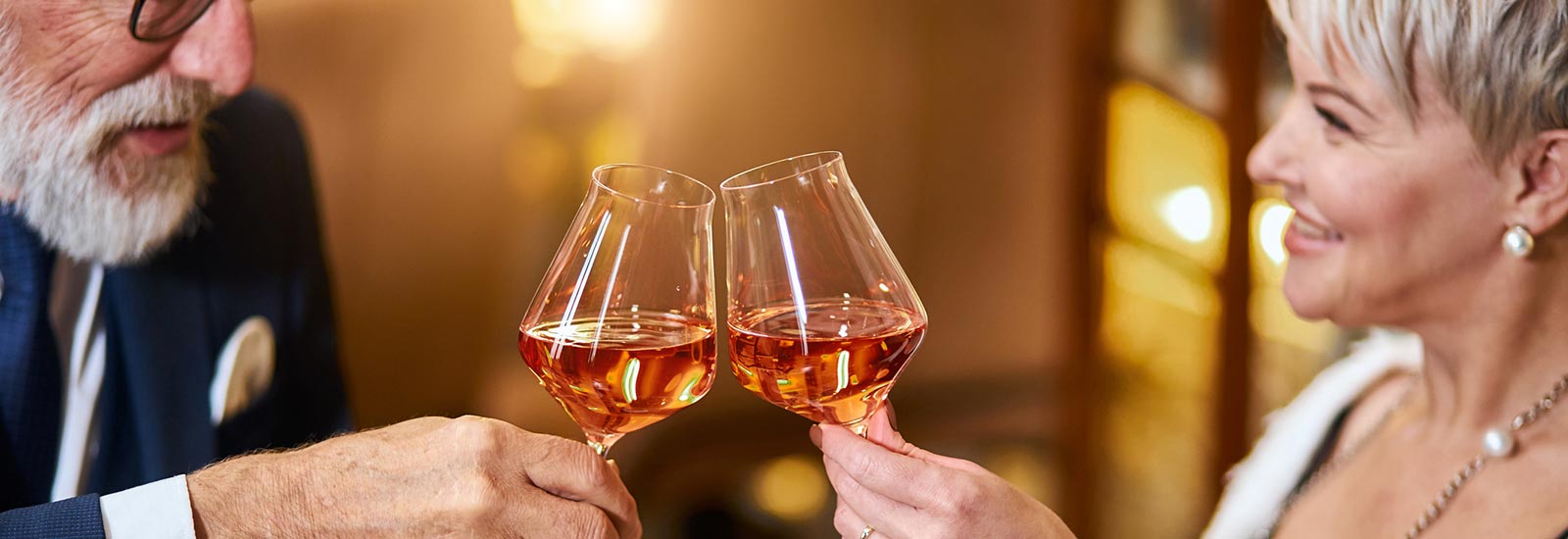
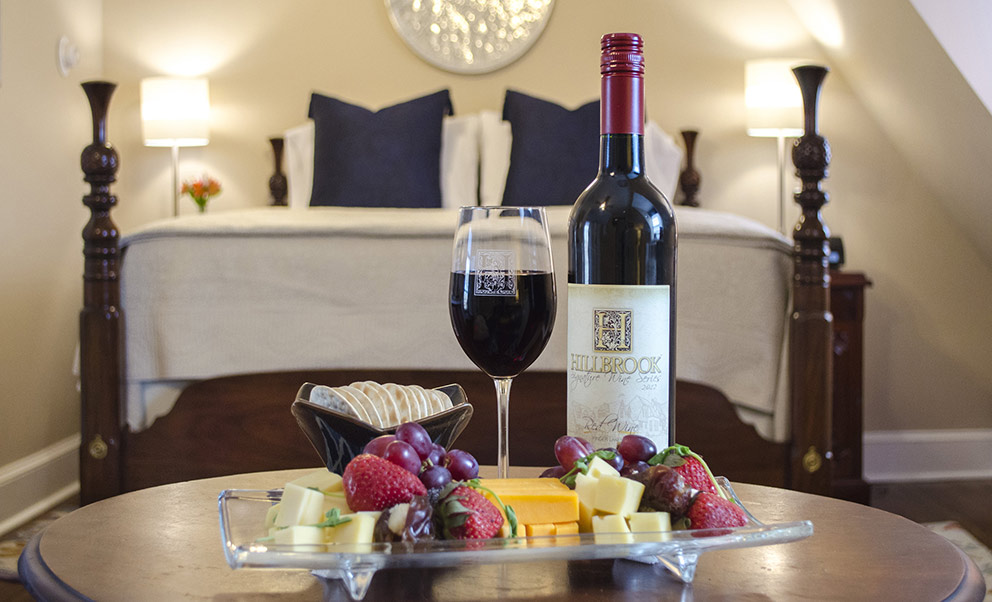

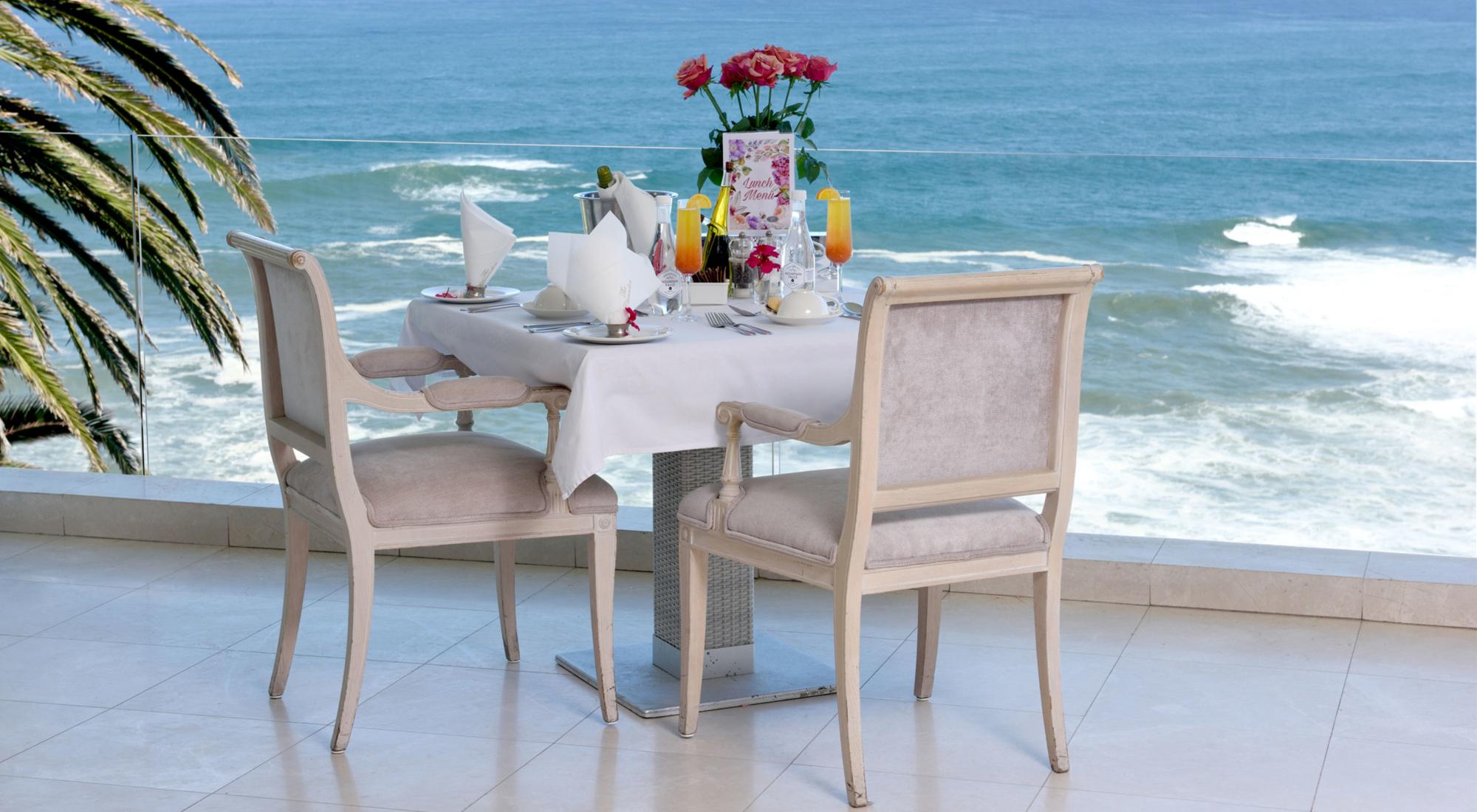


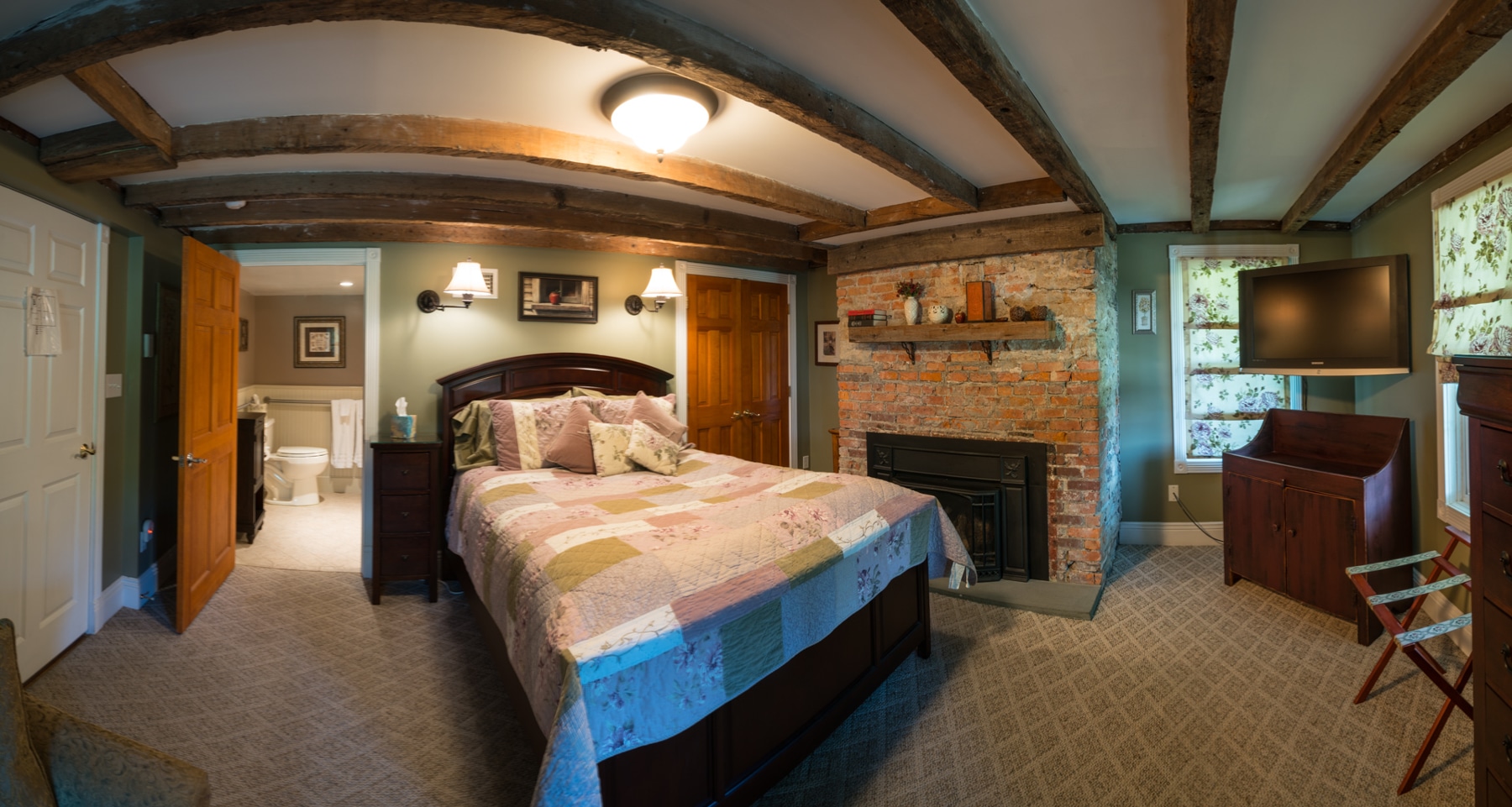
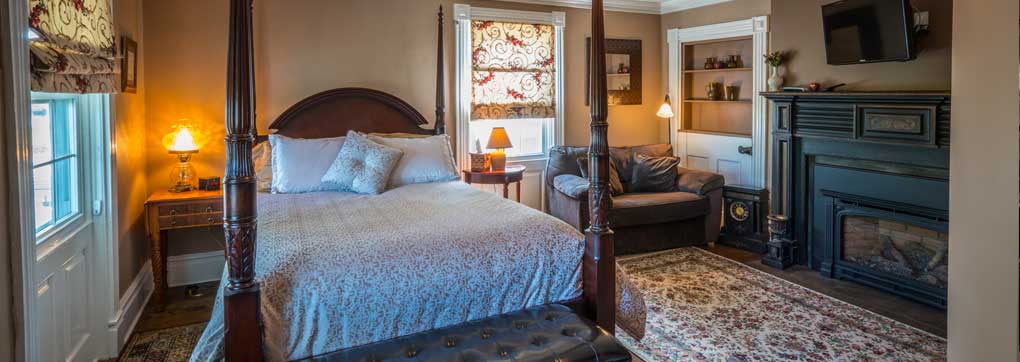
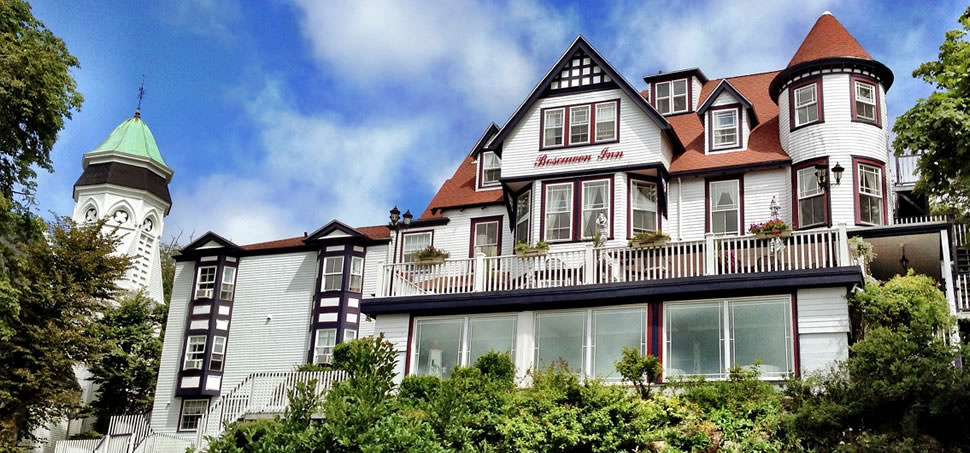
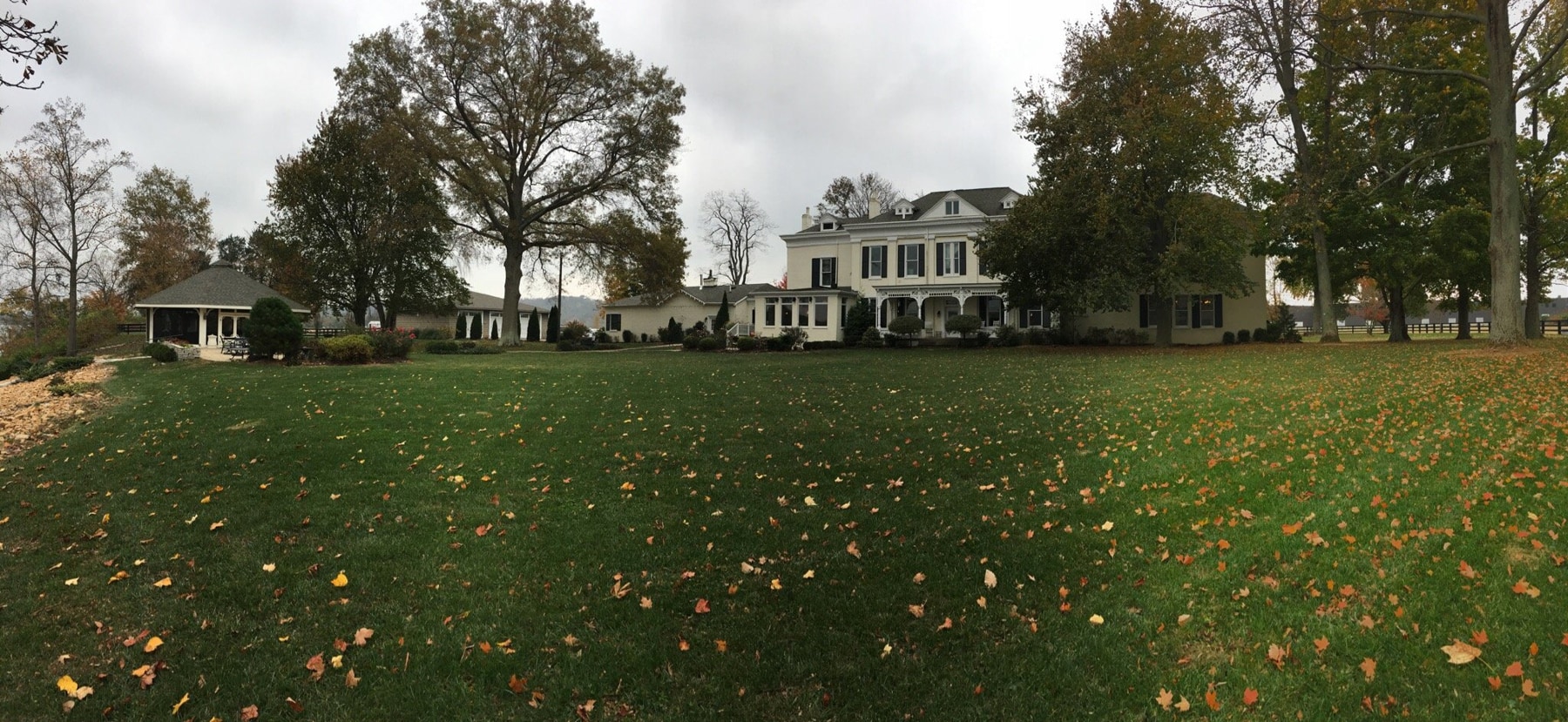

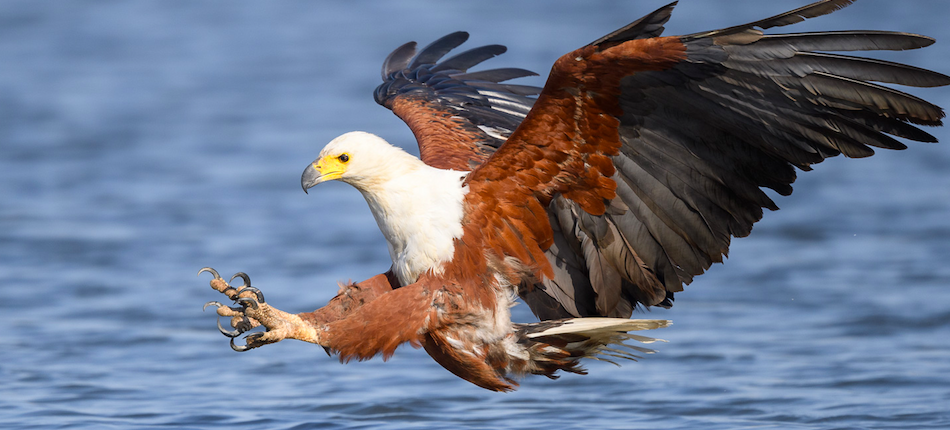
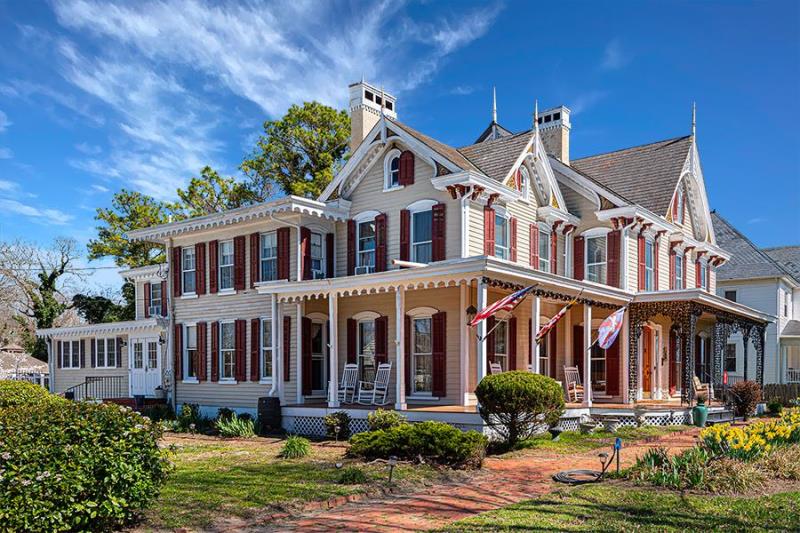
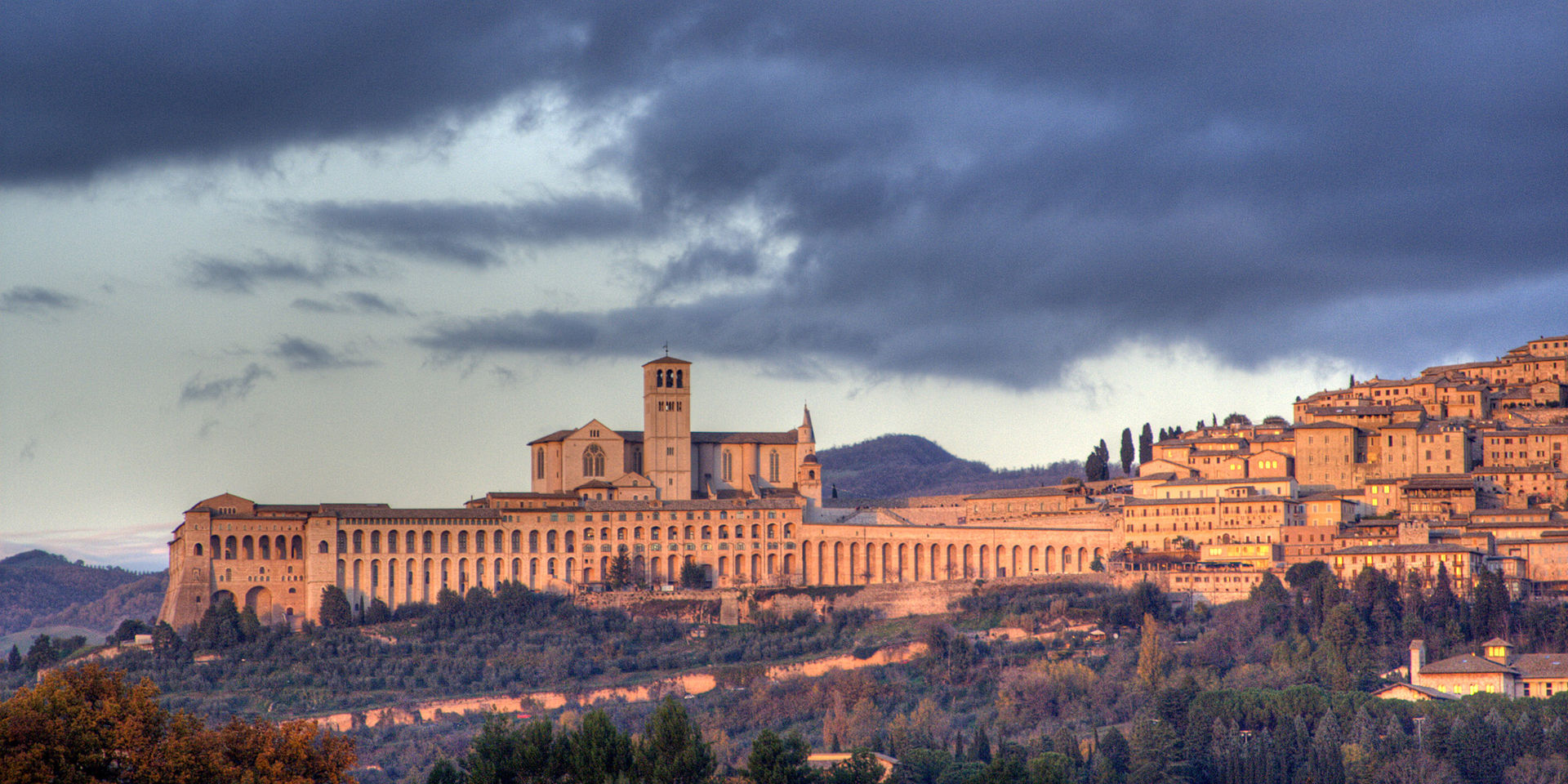
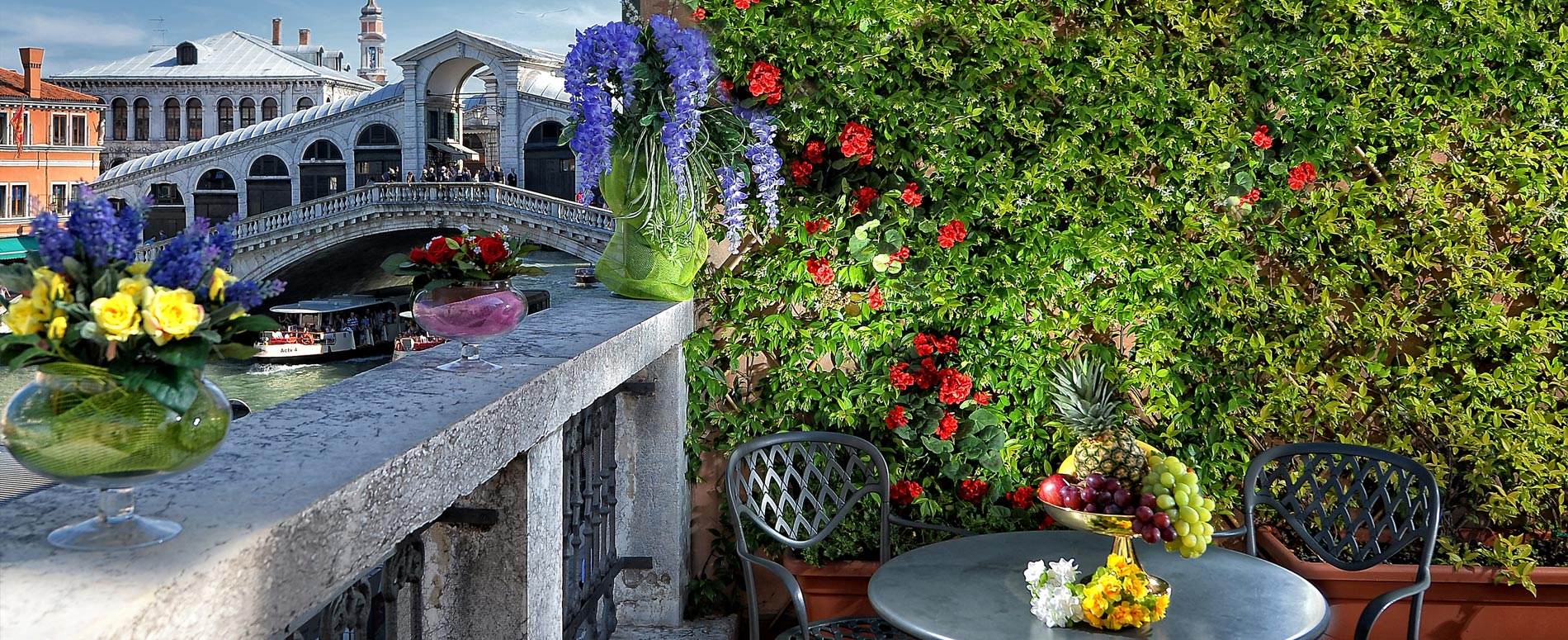
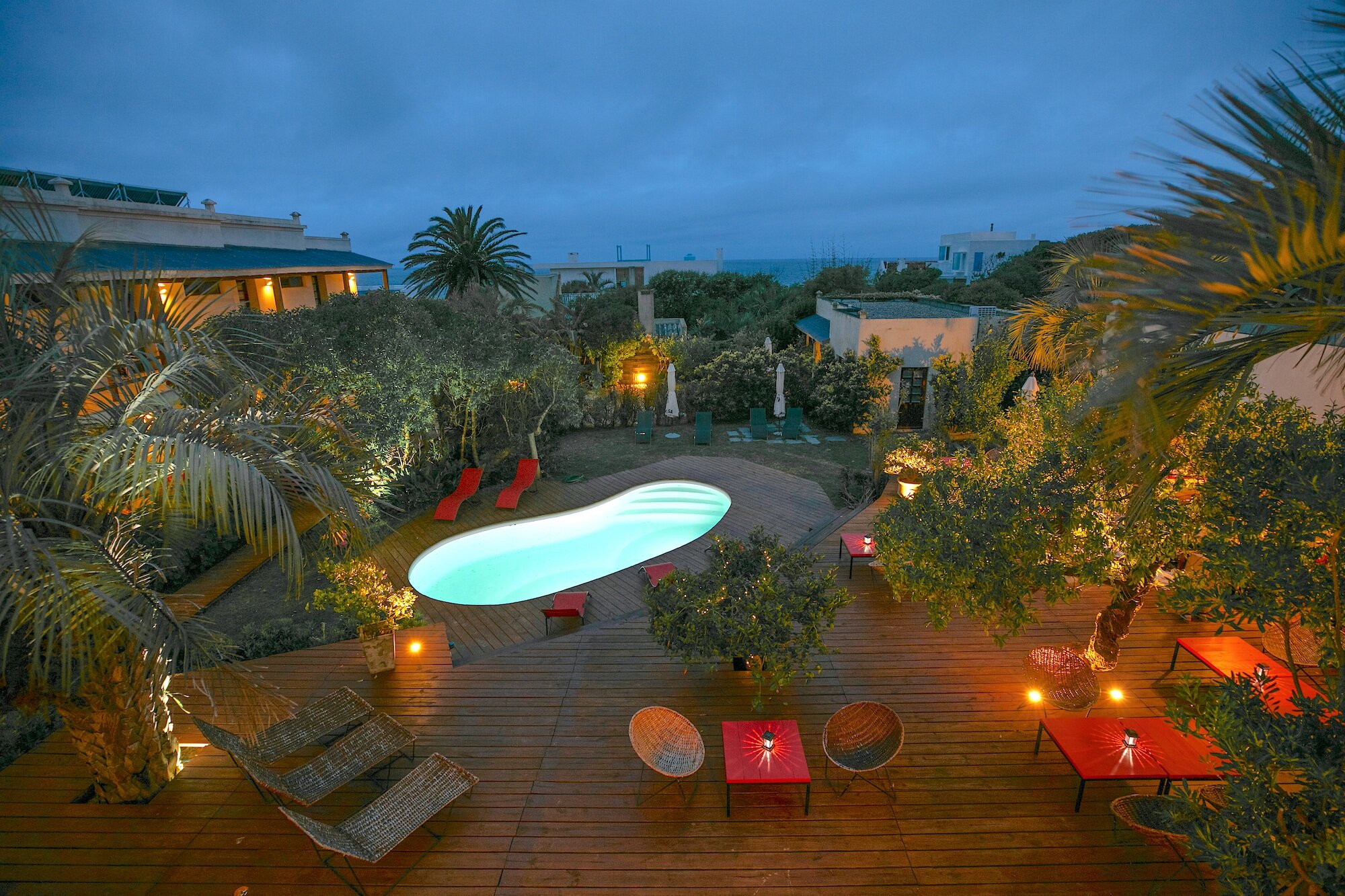
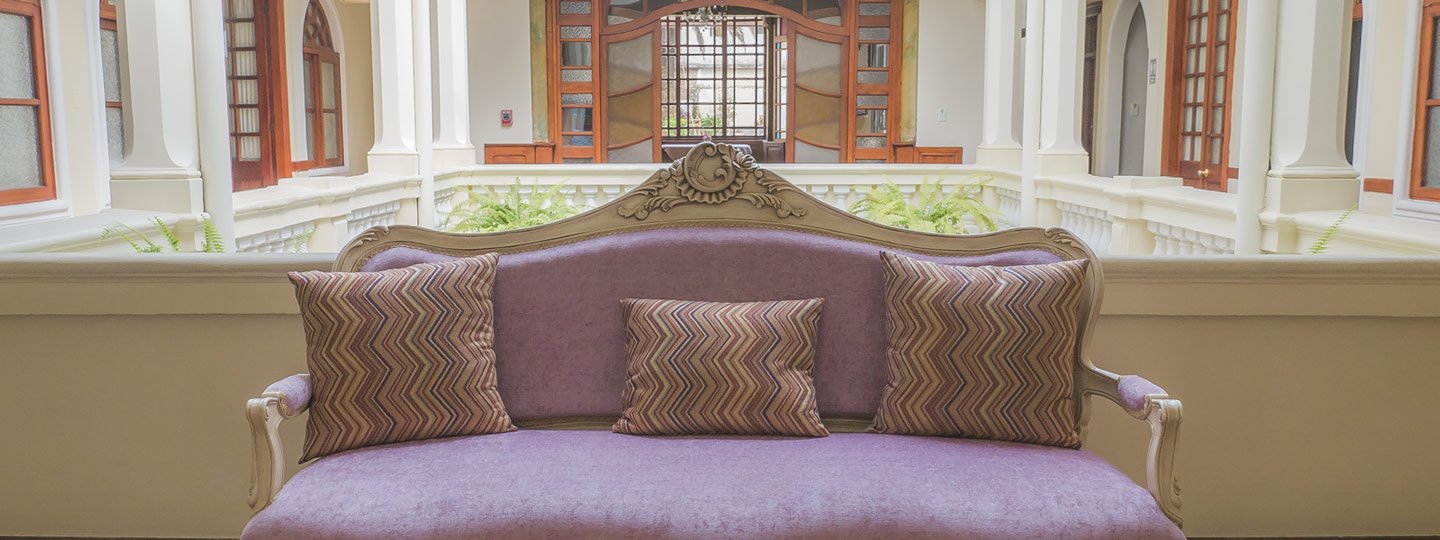
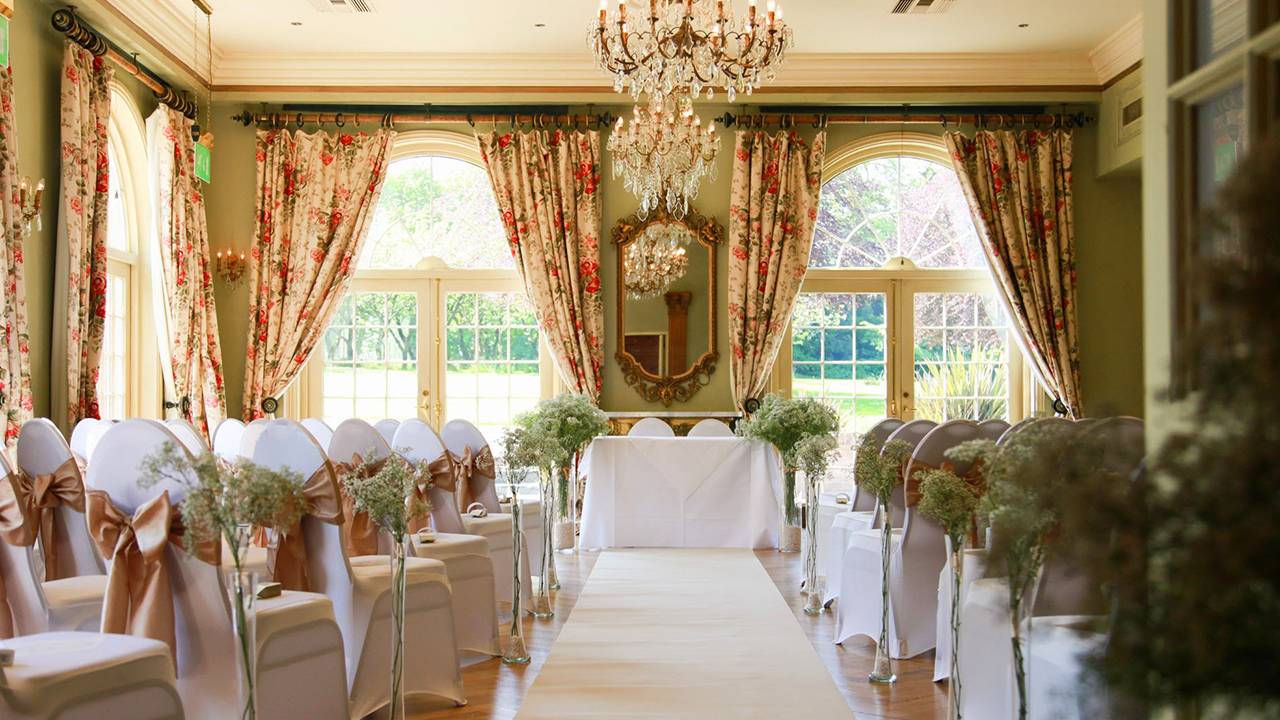
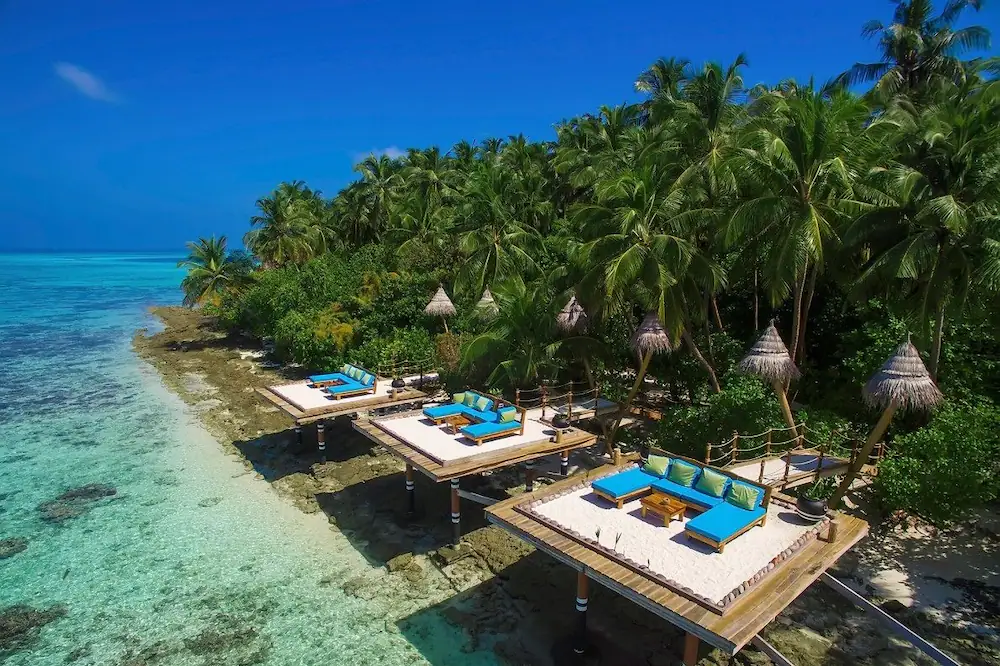
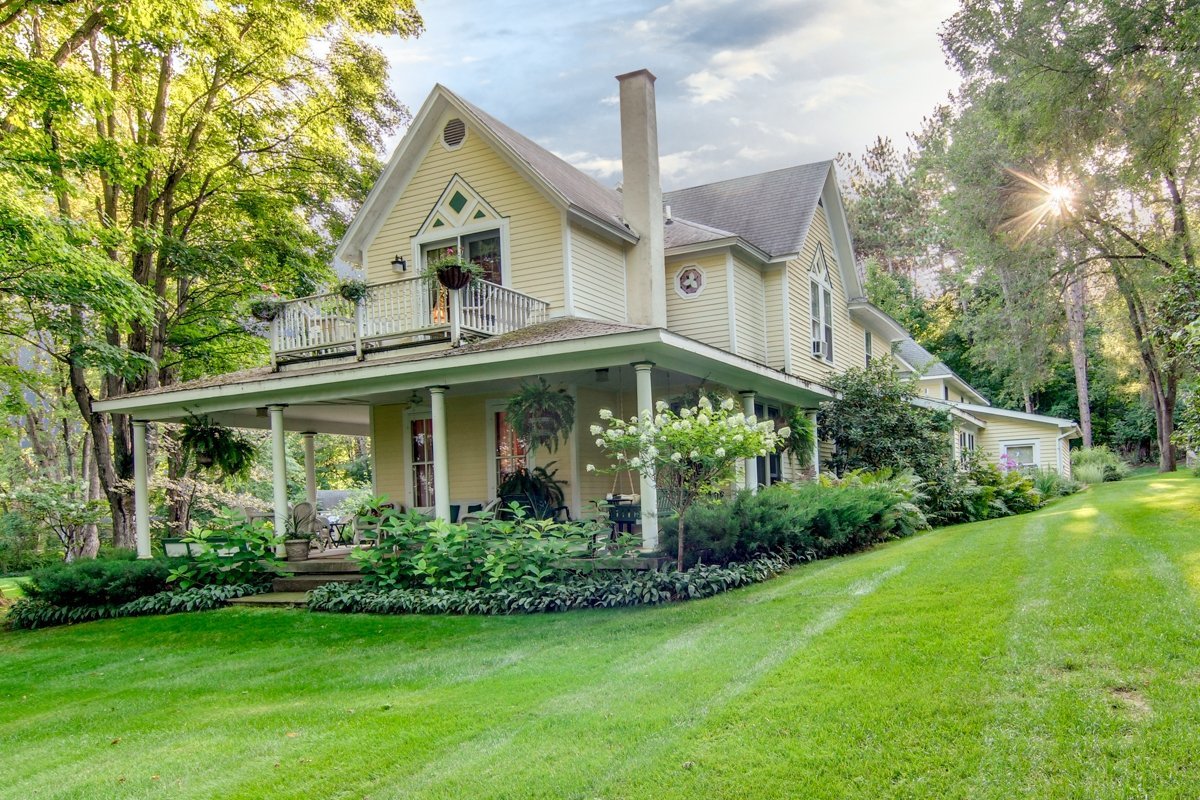
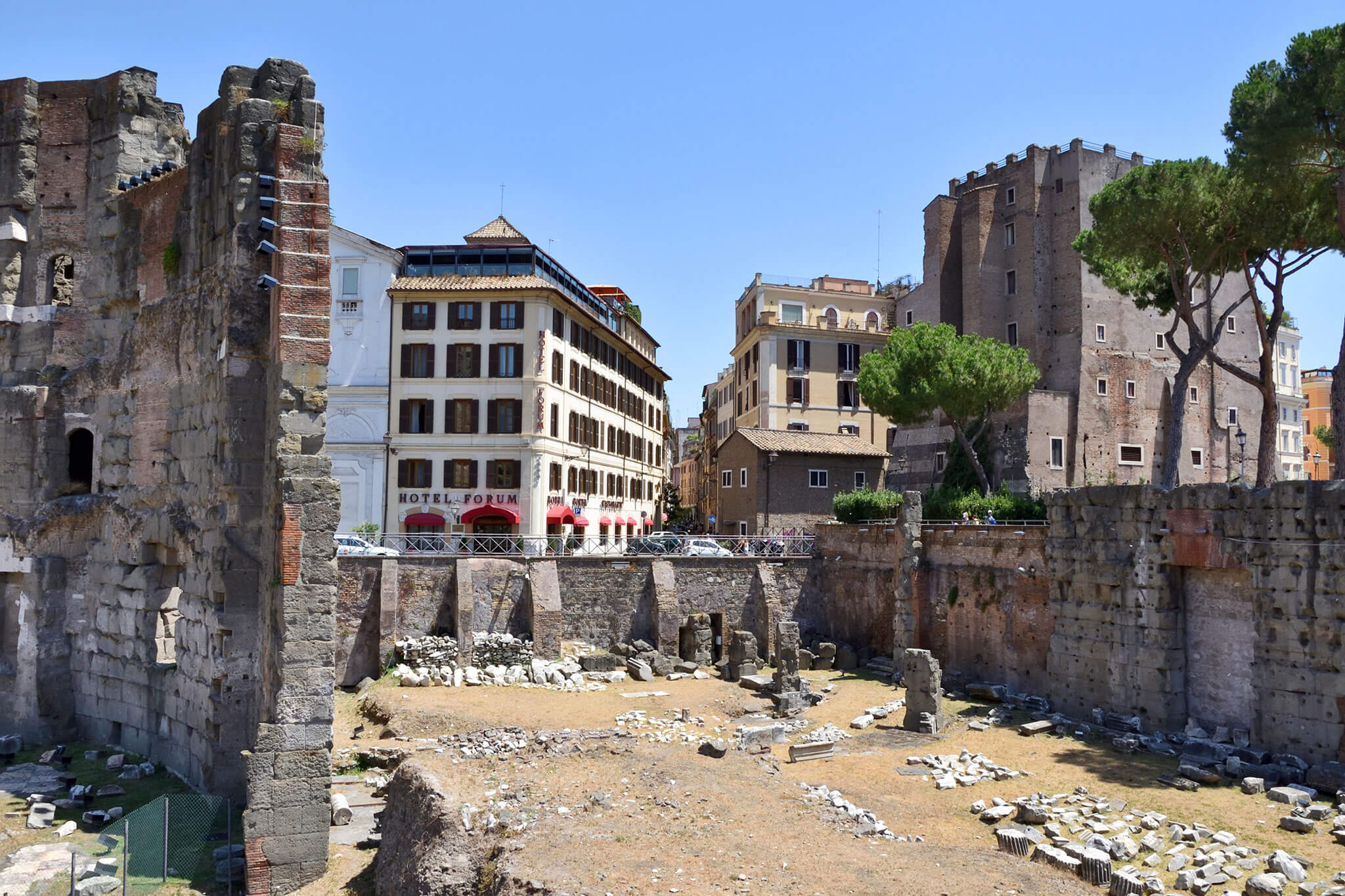
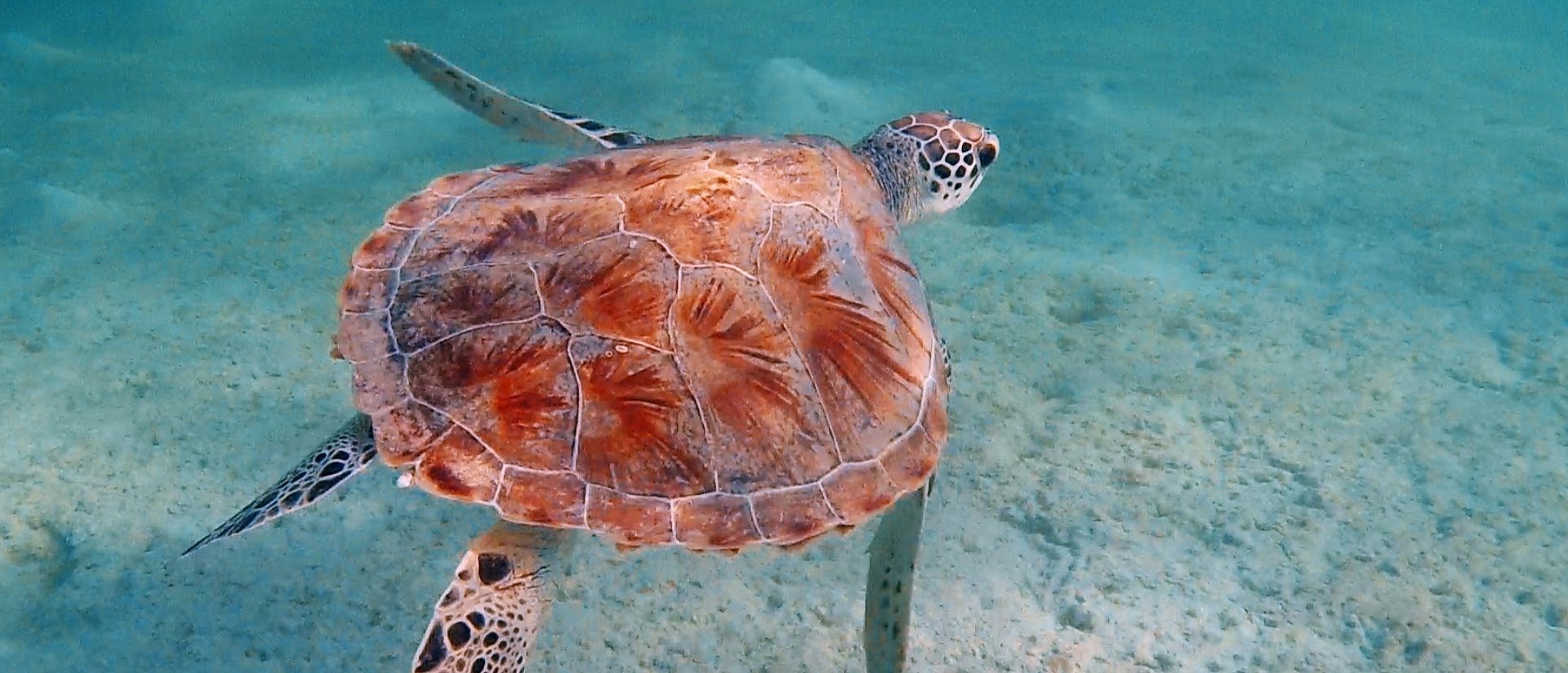
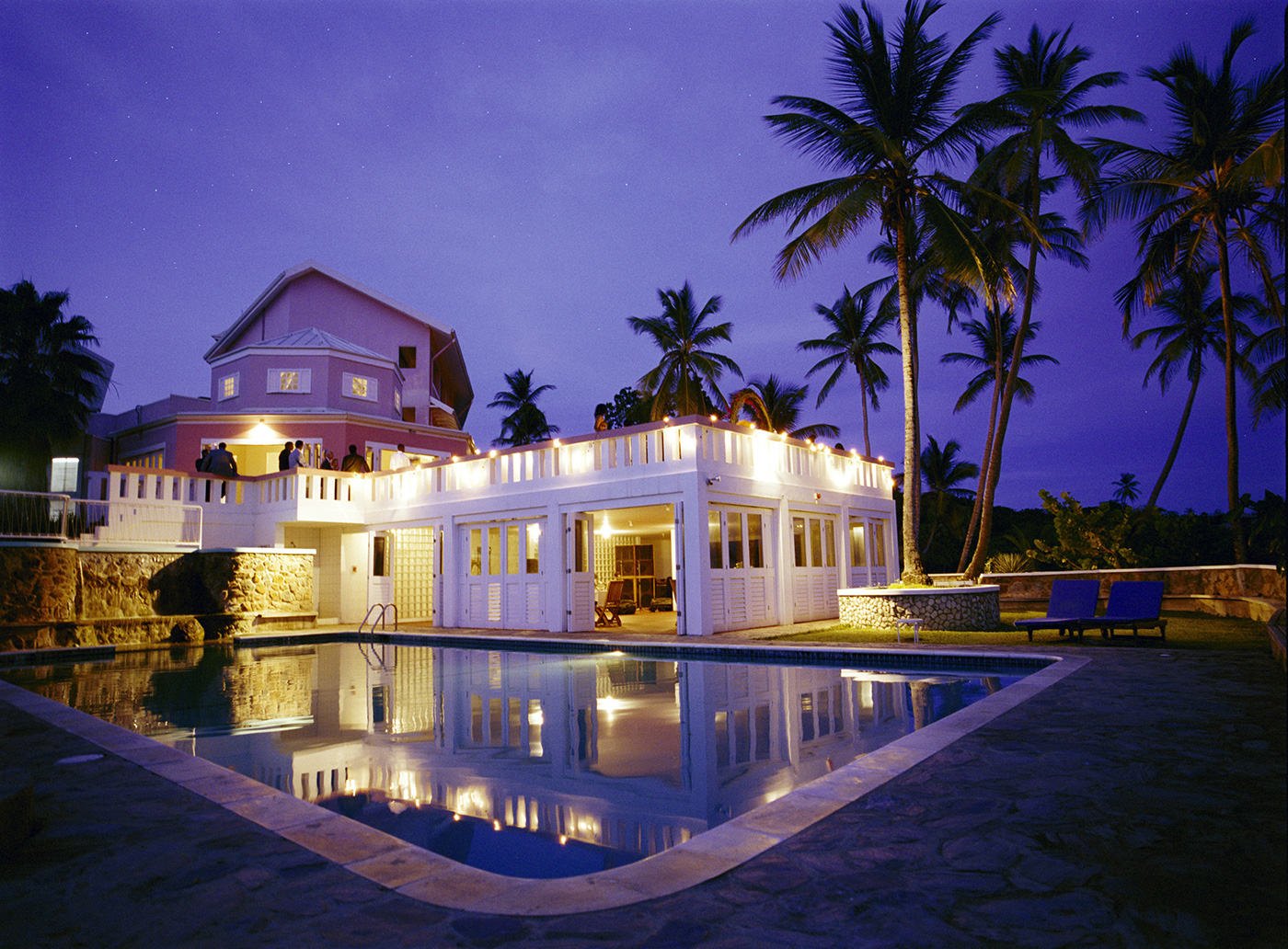
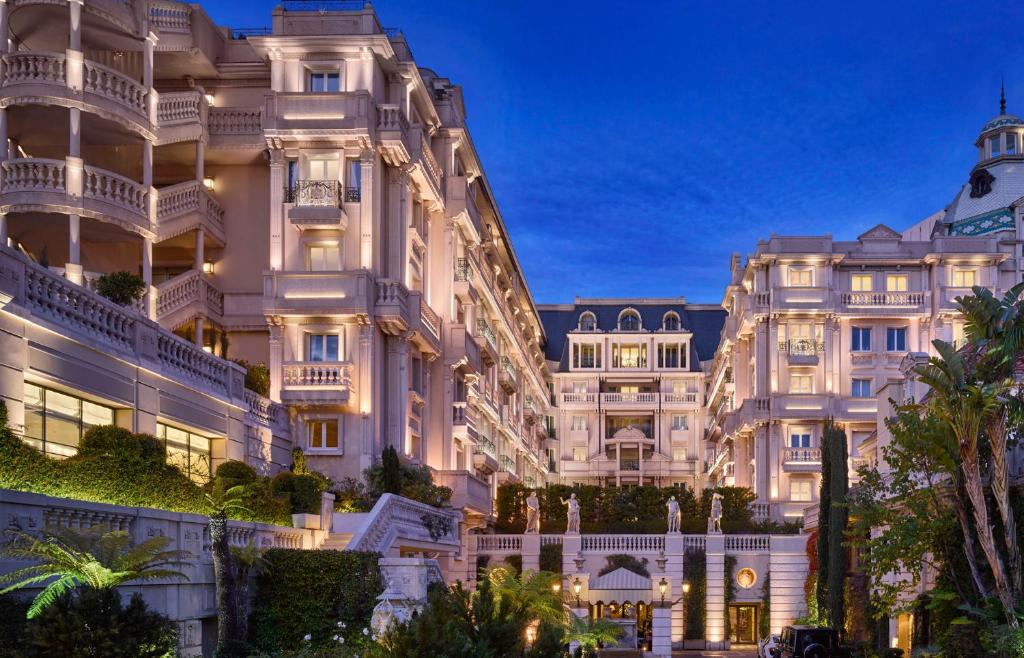
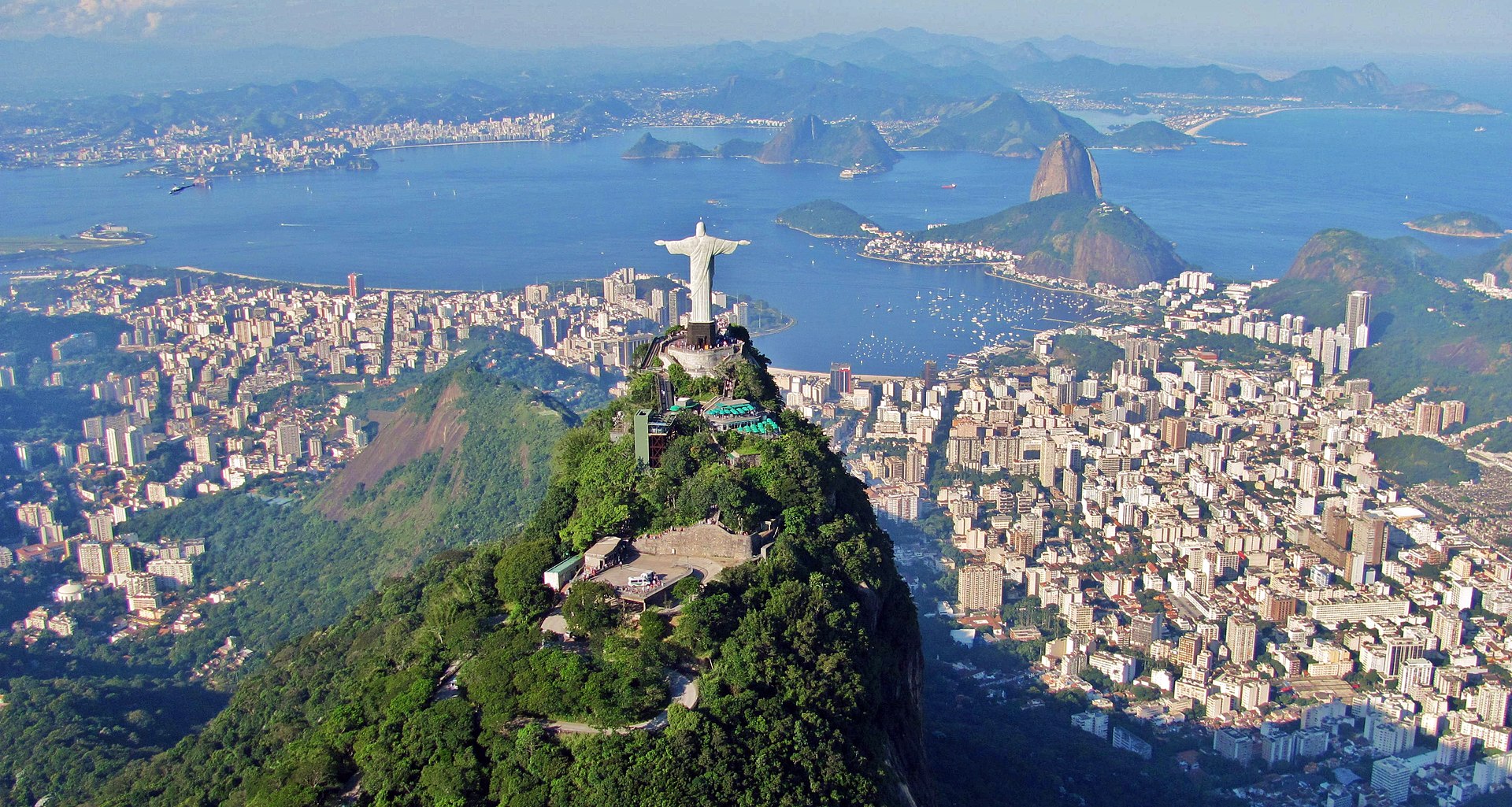
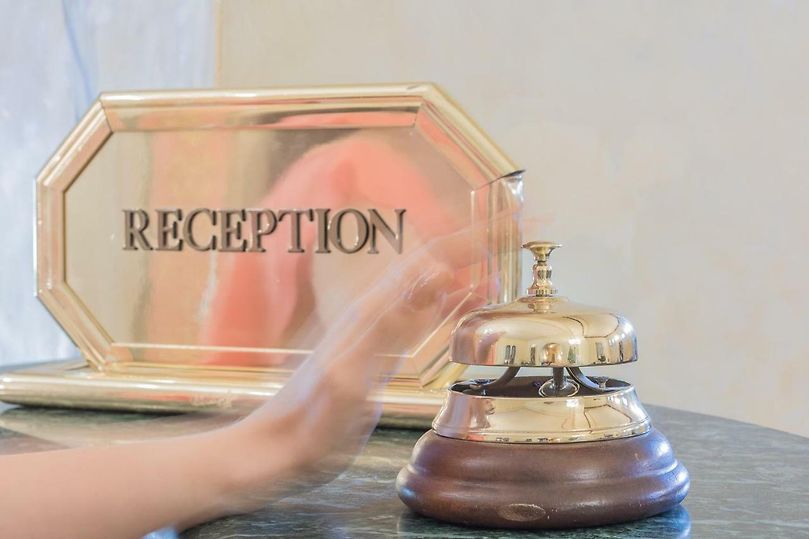
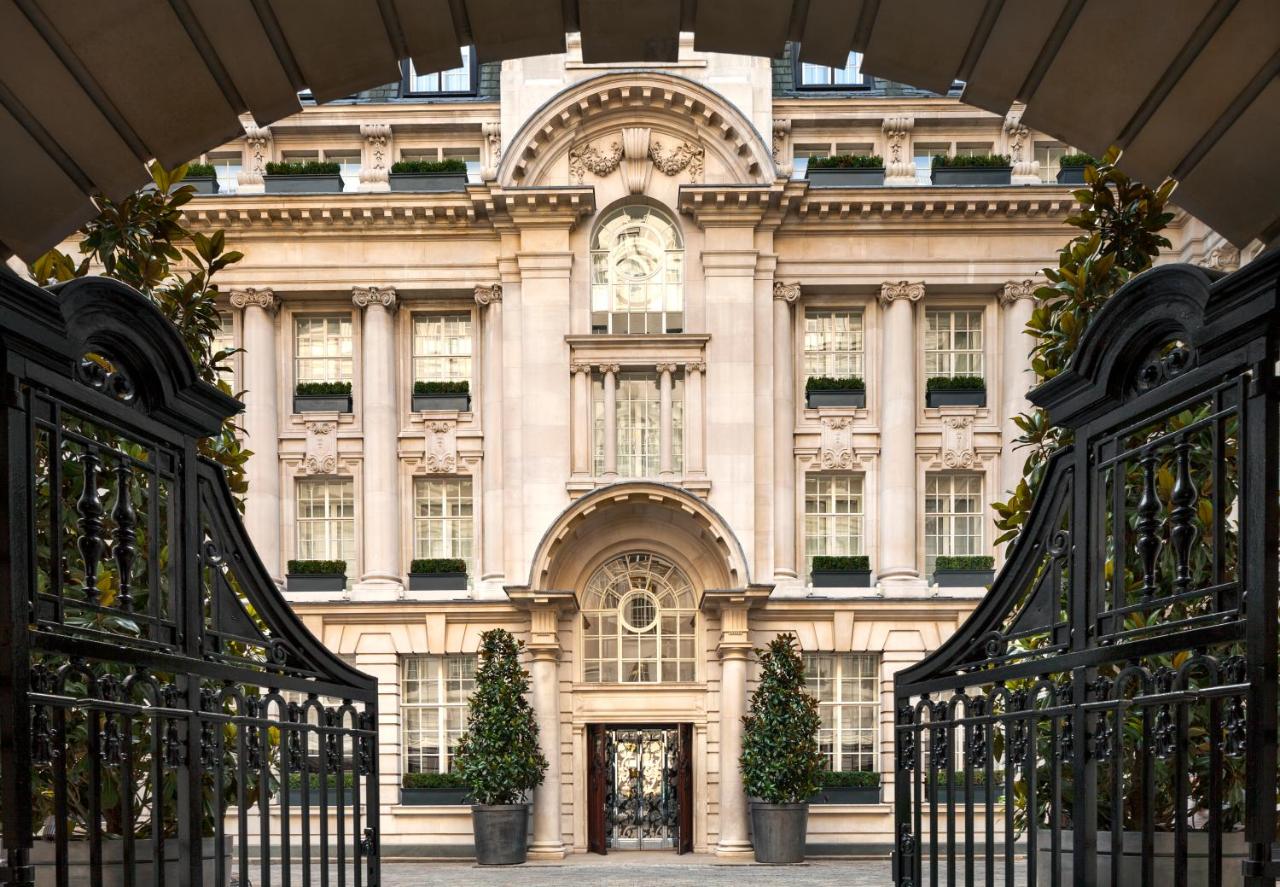
Le Morne, Mauritius
Agent: Cliff Jacobs - Managing Principal Estate Agent & CEO (Nat.Dpl.Hotel Man (UJ). M.P.R.E.)
Agent Cellphone: +27 (0) 84 413 1071 / +27 (0) 61 716 6951
Agent Office Number: +27 (0) 84 413 1071
Agent Email Address: cliff@exquisitehotelconsultants.com
Type: Aparthotel
Bedrooms: 14
Bathrooms: 10
Showers: 10
Parking: 10
Yield: Not Disclosed
Le Morne Brabant
Le Morne is a peninsula at the extreme southwestern tip of the Indian Ocean island of Mauritius on the western side of the island. It is highlighted by an eponymous basaltic monolith with a summit 556 metres (1,824 ft) above sea level. The summit covers an area of over 12 hectares (30 acres). There are many caves and overhangs on the steep slopes. It is largely surrounded by a lagoon and is a well known tourist attraction. It is also a refuge for two rare plants, the Mandrinette and the Boucle d'Oreille.] The peninsula of Le Morne benefits from a micro-climate. The mountain is named after the VOC-ship (Dutch East India Company) Brabant that ran aground there on 29 December 1783 on the cliffs.
Le Morne Brabant Mountain was submitted to the candidate list of the World Heritage Sites in 2003. In 2008, the nomination process concluded when UNESCO inscribed the site on the World Heritage List.
The peninsula is steeped in cultural myth and legend in the early 19th century as a suggested refuge for Maroons and people who escaped slavery. After the abolition of slavery in Mauritius, on 1 February 1835 it is rumored that a police expedition was dispatched there ostensibly to inform those who escaped slavery that emancipation had made them legally free men and women. The arrival of the police at the base of the mountain was (according to legend) misinterpreted by the former slaves who had scrambled to the summit (fearing that they were to be arrested and re-enslaved) and subsequently elected to leap to their deaths from the rock and die by suicide by landing in the ocean, rather than be recaptured back into slavery. Since 1987 the date is celebrated (particularly by Mauritian creoles) as the Annual Commemoration of the Abolition of Slavery.
Le Morne has been declared a World Heritage Site. The monument includes an inscription of this extract from the poem "Le Morne Territoire Marron" by Richard Sedley Assonne; "There were hundreds of them, but my people the maroons chose the kiss of death over the chains of slavery."
Mauritius
Mauritius, officially the Republic of Mauritius, is an island nation in the Indian Ocean about 2,000 kilometres (1,100 nautical miles) off the southeast coast of the African continent, east of Madagascar. It includes the main island (also called Mauritius), as well as Rodrigues, Agaléga and St. Brandon. The islands of Mauritius and Rodrigues, along with nearby Réunion (a French overseas department), are part of the Mascarene Islands. The main island of Mauritius, where most of the population is concentrated, hosts the capital and largest city, Port Louis. The country spans 2,040 square kilometres (790 sq mi) and has an exclusive economic zone covering 2,300,000 square kilometres (670,000 square nautical miles).
Arab sailors were the first to discover the uninhabited island, around 975, and they called it Dina Arobi. In 1507, Portuguese sailors visited the uninhabited island. The island appears with the Portuguese names Cirne or Do-Cerne on early Portuguese maps. The Dutch took possession in 1598, establishing a succession of short-lived settlements over a period of about 120 years, before abandoning their efforts in 1710. France took control in 1715, renaming it Isle de France. In 1810, the United Kingdom seized the island, and four years later, in the Treaty of Paris, France ceded Mauritius and its dependencies to the United Kingdom. The British colony of Mauritius included Rodrigues, Agaléga, St. Brandon, the Chagos Archipelago, and, until 1906, the Seychelles. Mauritius and France dispute sovereignty over the island of Tromelin as the Treaty of Paris failed to mention it specifically. Mauritius remained a primarily plantation-based colony of the United Kingdom until independence in 1968.
In 1965, the UK split off the Chagos Archipelago from Mauritian territory to the British Indian Ocean Territory (BIOT). The local population was forcibly expelled between 1968 and 1973 and the largest island, Diego Garcia, was leased to the United States. The sovereignty of the Chagos is disputed between Mauritius and the UK. In 2019, the International Court of Justice issued an advisory opinion ordering the UK to return the Chagos Islands to Mauritius, and in 2021, the International Tribunal for the Law of the Sea ruled in support of this, saying that the UK has "no sovereignty over the Chagos Islands".
The island's government is closely modelled on the Westminster parliamentary system and is classified as a full democracy. Mauritius is highly ranked for economic and political freedom with a high-income economy. The country is a welfare state with the government providing universal healthcare, free education up through the tertiary level and free public transportation for students, senior citizens, and the disabled. Owing to its geographic location and centuries of colonialism, the people of Mauritius are highly diverse in ethnicity, culture, language and faith. It is the only country in Africa where Hinduism is the most practised religion. Indo-Mauritians make up the bulk of the population with significant Creole, Sino-Mauritian and Franco-Mauritian minorities.
Economy
Since independence from Britain in 1968, Mauritius has developed from a low-income, agriculture-based economy to a high-income diversified economy, based on tourism, textiles, sugar, and financial services. The economic history of Mauritius since independence has been called "the Mauritian Miracle" and the "success of Africa" (Romer, 1992; Frankel, 2010; Stiglitz, 2011).
In recent years, information and communication technology, seafood, hospitality and property development, healthcare, renewable energy, and education and training have emerged as important sectors, attracting substantial investment from both local and foreign investors.
Mauritius has no exploitable fossil fuel reserves and so relies on petroleum products to meet most of its energy requirements. Local and renewable energy sources are biomass, hydro, solar and wind energy.
Mauritius has one of the largest exclusive economic zones in the world, and in 2012 the government announced its intention to develop the marine economy.
Mauritius is ranked high in terms of economic competitiveness, a friendly investment climate, good governance and a free economy. The Gross Domestic Product (PPP) was estimated at US$29.187 billion in 2018, and GDP (PPP) per capita was over US$22,909, the second highest in Africa.
Mauritius has a high-income economy, according to the World Bank in 2019. The World Bank's 2019 Ease of Doing Business Index ranks Mauritius 13th worldwide out of 190 economies in terms of ease of doing business. According to the Mauritian Ministry of Foreign Affairs, the country's challenges are heavy reliance on a few industry sectors, high brain drain, scarcity of skilled labour, ageing population and inefficient public companies and para-statal bodies.
Mauritius has built its success on a free market economy. According to the 2019 Economic Freedom of the World report, Mauritius is ranked as having the 9th most free economy in the world.
Along with the other Mascarene Islands, Mauritius is known for its varied flora and fauna. Many species are endemic to the island. The island was the only known home of the dodo, which, along with several other avian species, was made extinct by human activities relatively soon after the island's settlement. There are other endemic animals such as the echo parakeet, the Mauritius kestrel, and the pink pigeon.
About Us
Guests can make use of the sun terrace or the picnic area, or enjoy views of the mountain and pool.
At the aparthotel, all units include air conditioning, a seating area, a flat-screen TV with streaming services, a kitchen, a dining area, a safety deposit box and a private bathroom with a walk-in shower, a hair dryer and free toiletries. A microwave, a toaster and fridge are also featured, as well as a coffee machine and a kettle. At the aparthotel, all units are equipped with bed linen and towels.
Guests at the aparthotel can enjoy cycling and hiking nearby, or make the most of the garden.
Paradis Golf Club is 600 m from Boutik Le Morne Holiday Apartments, while Tamarina Golf Course is 25 km away. The nearest airport is Sir Seewoosagur Ramgoolam Airport, 53 km from the accommodation.
This property sits on a 2,017 square metre lot, with a large outdoor gazebo, a relaxation area and a pool for residents. It is close to many of the South's dream beaches, restaurants and other shops.
Fully operational since 2022, this property is the only one of its kind in the South region and benefits from a unique positioning.
With a strong profitability proven in 2022, it is ideal for an investment with an interesting return for the years to come.










































Cliff Jacobs (Nat Dpl Hotel Man (UJ). MPRE. GA Level 5 TEFL) Managing Principal / CEO Exquisite Hotel Consultants (Pty) Ltd Mobile: +27 (0) 84 413 1071 / +27 (0) 61 716 6951 Email: cliff@exquisitehotelconsultants.com Web: https://www.exquisitehotelconsultants.com © All rights reserved Terms and Conditions apply Scroll down to view our Hospitality Properties and Businesses for sale or lease or lease-to-buy or partnership arrangement or management agreement arrangement.